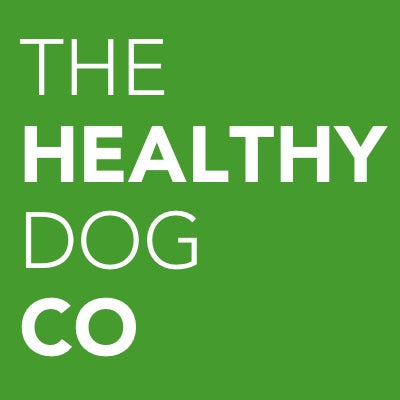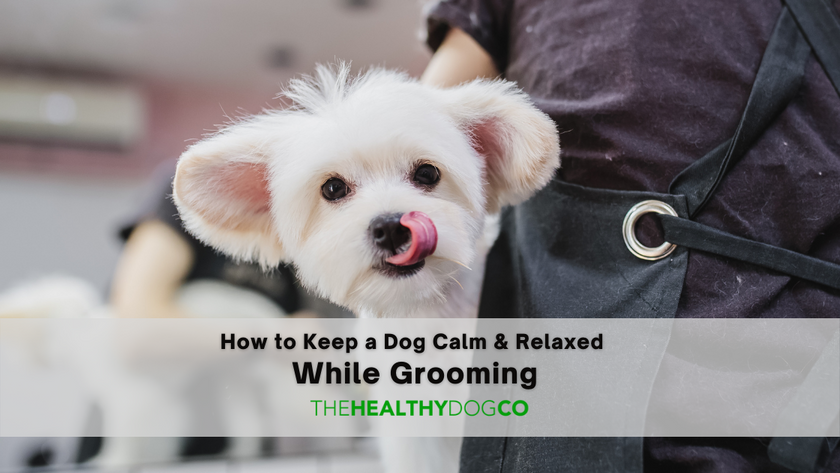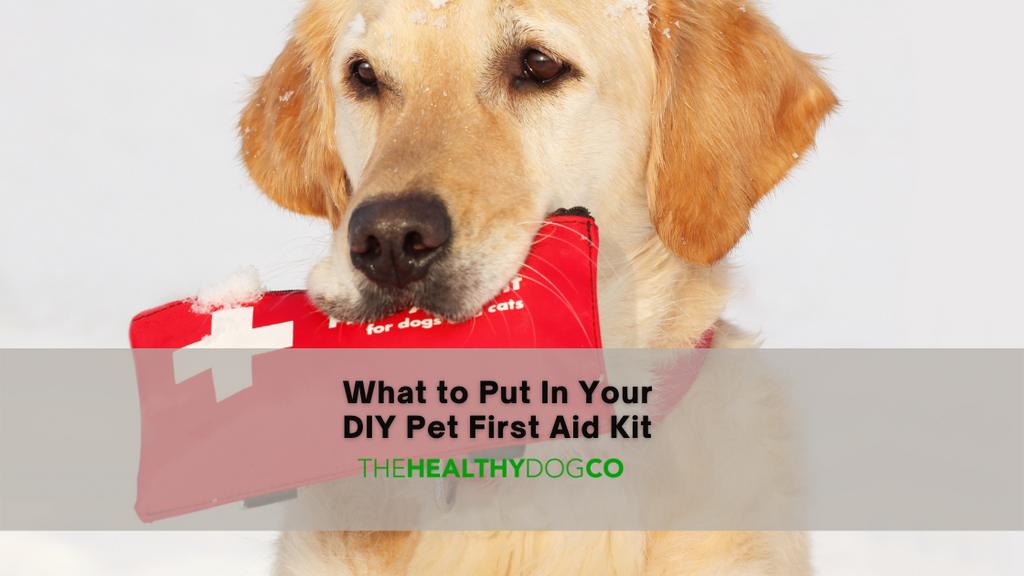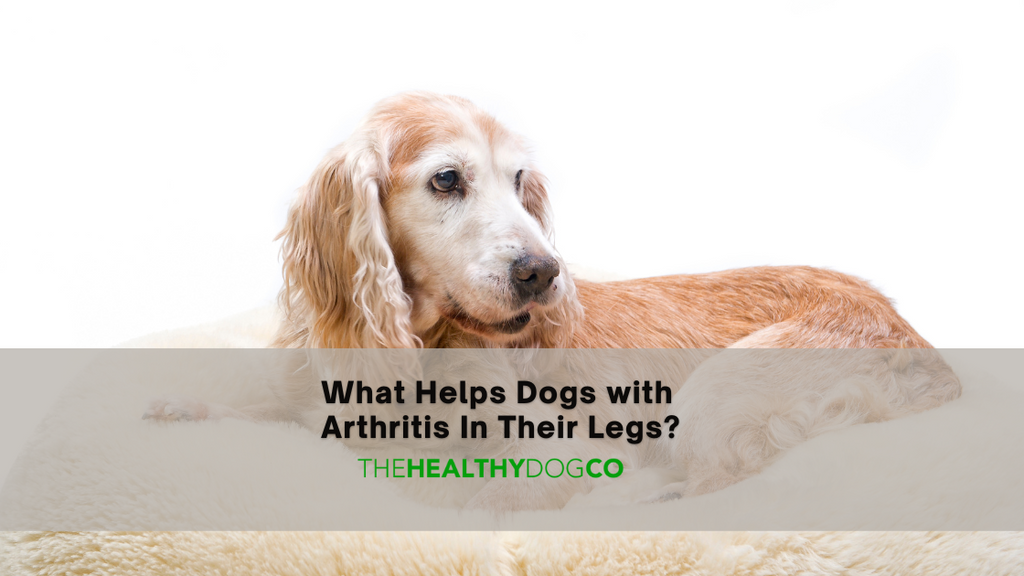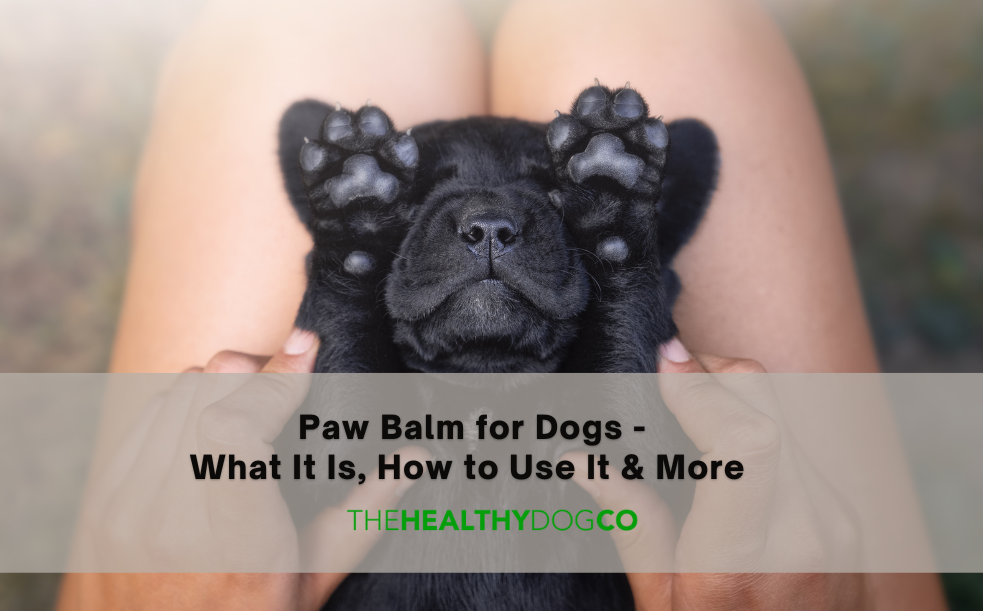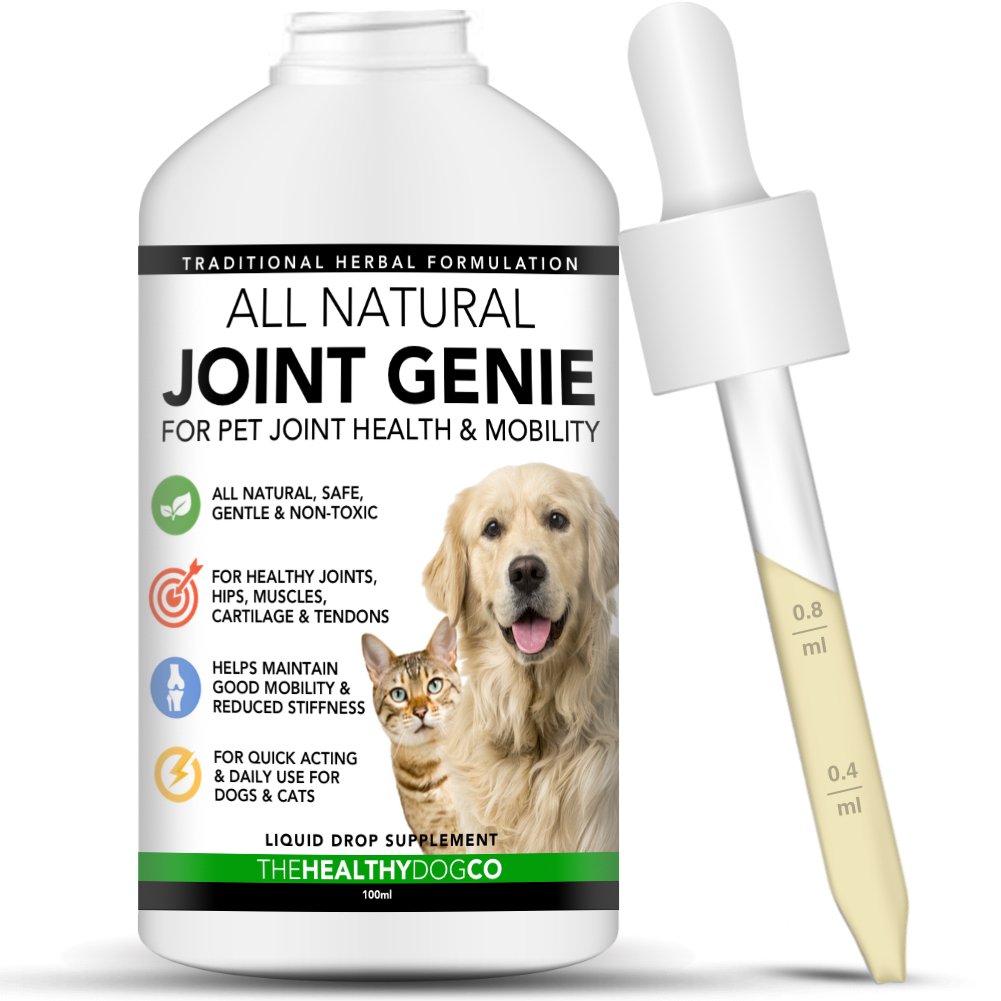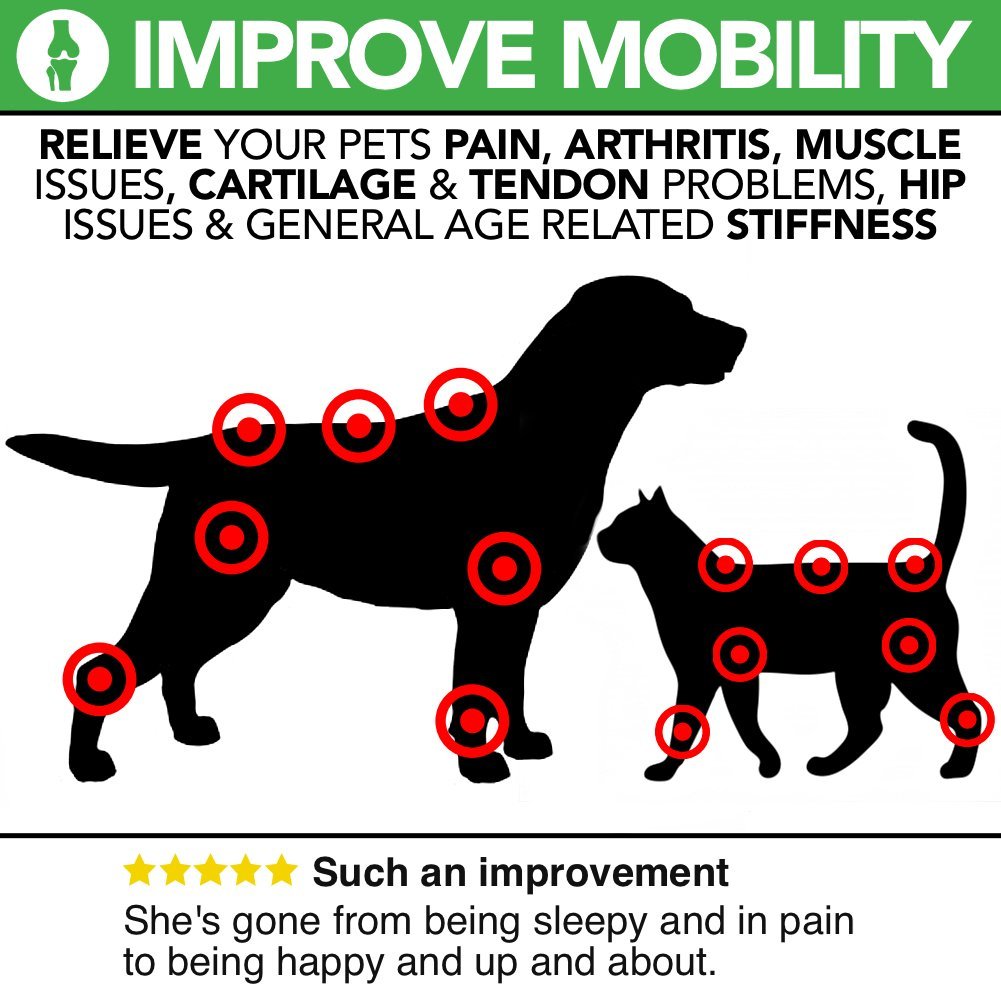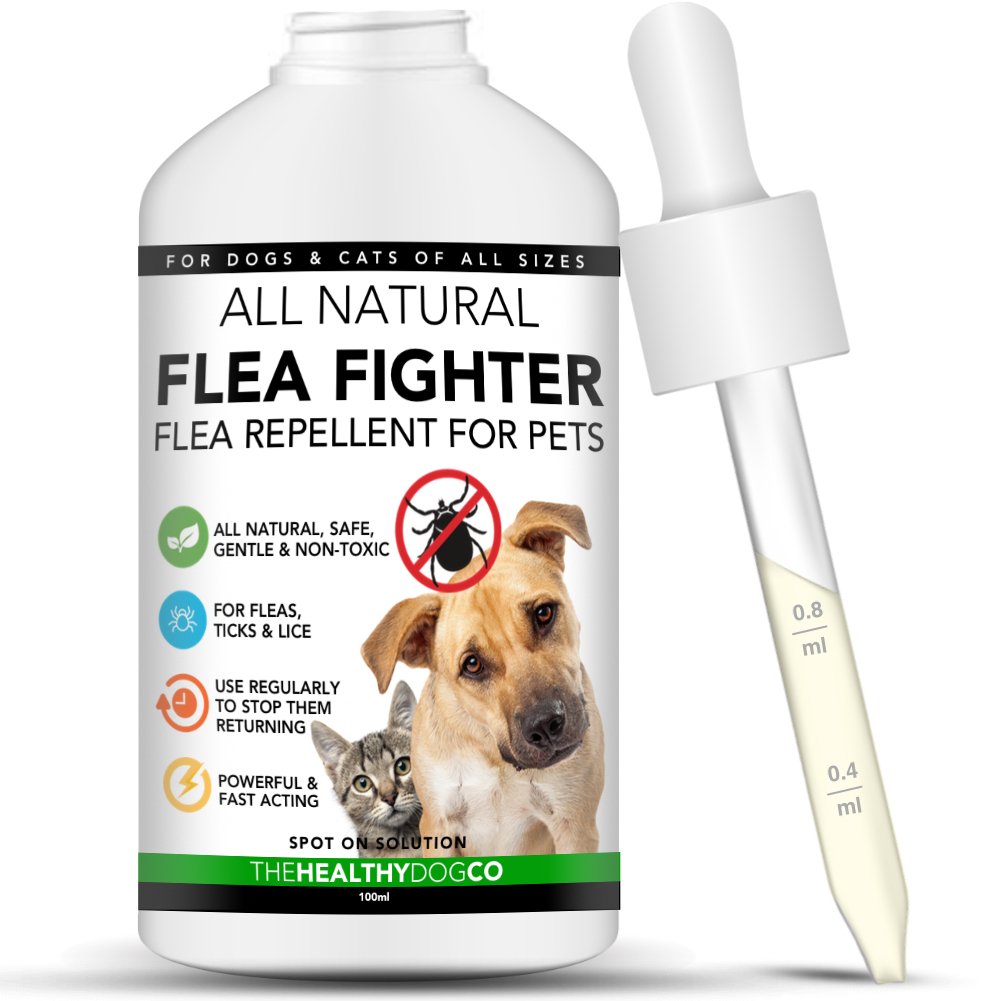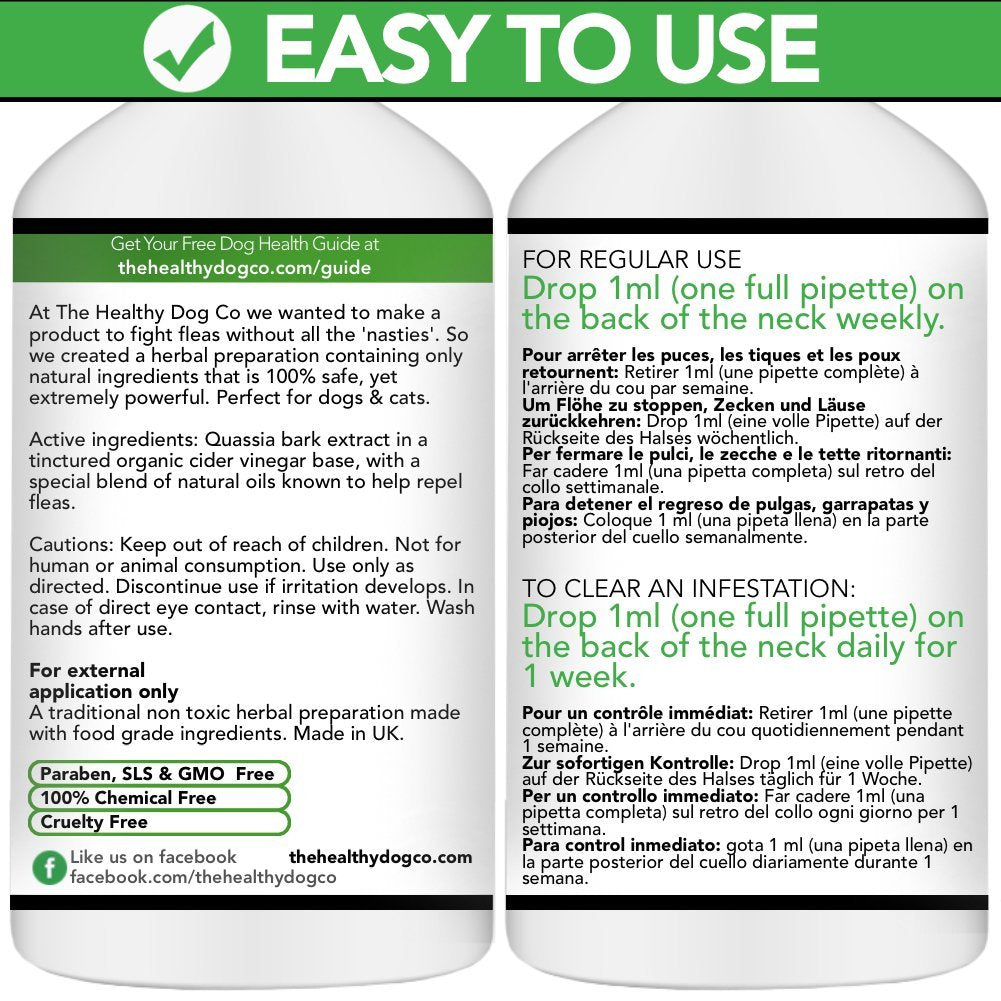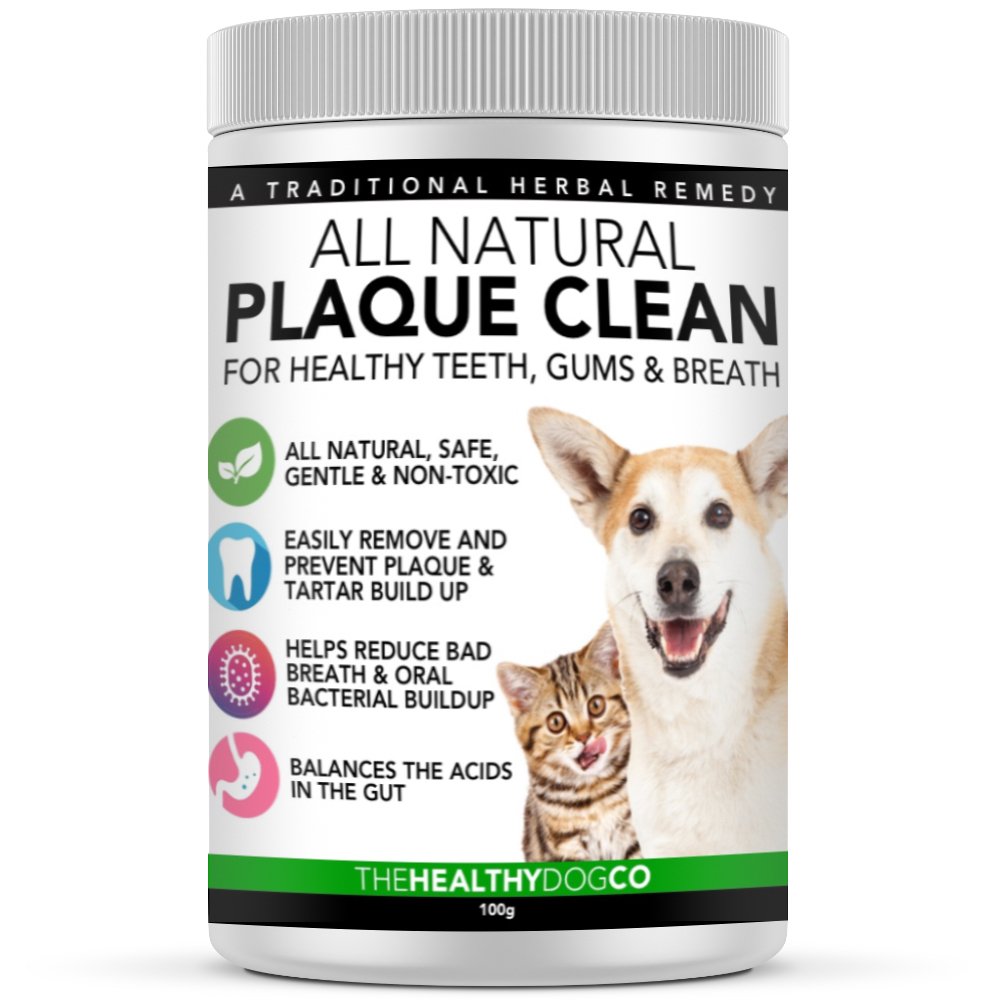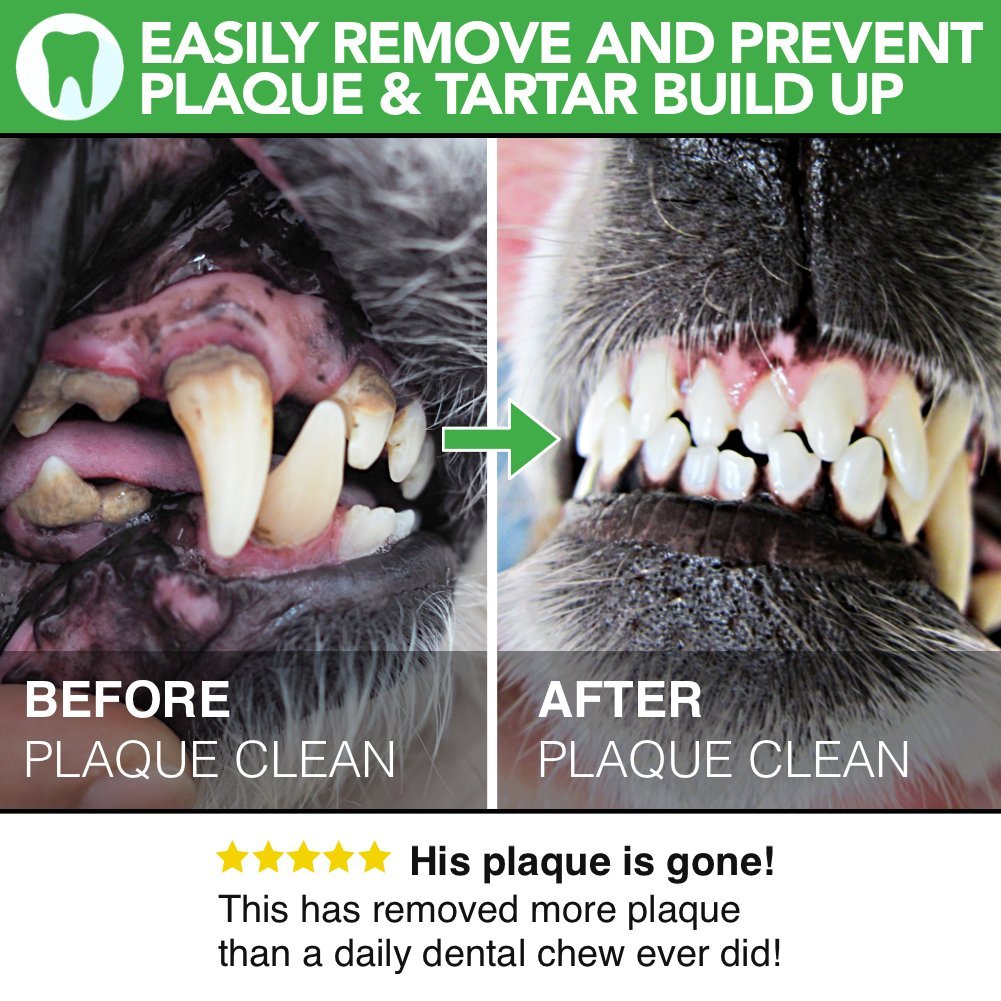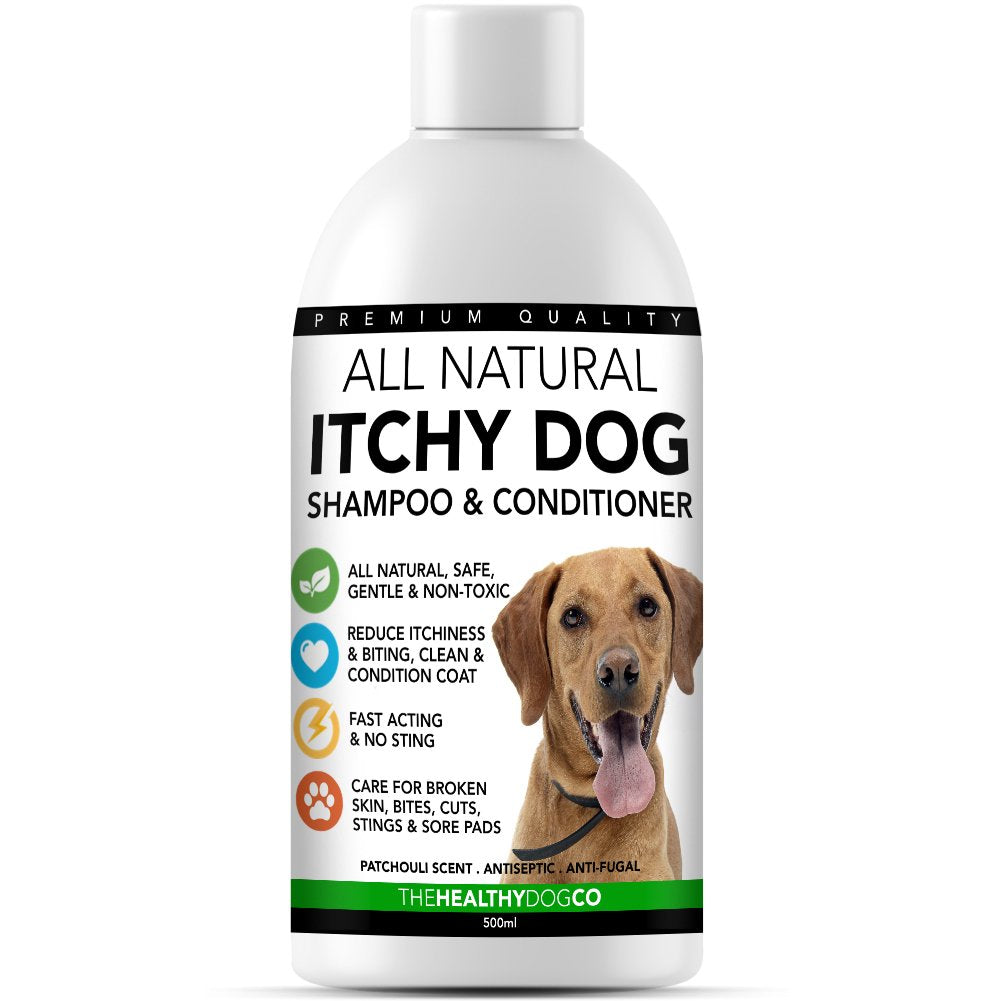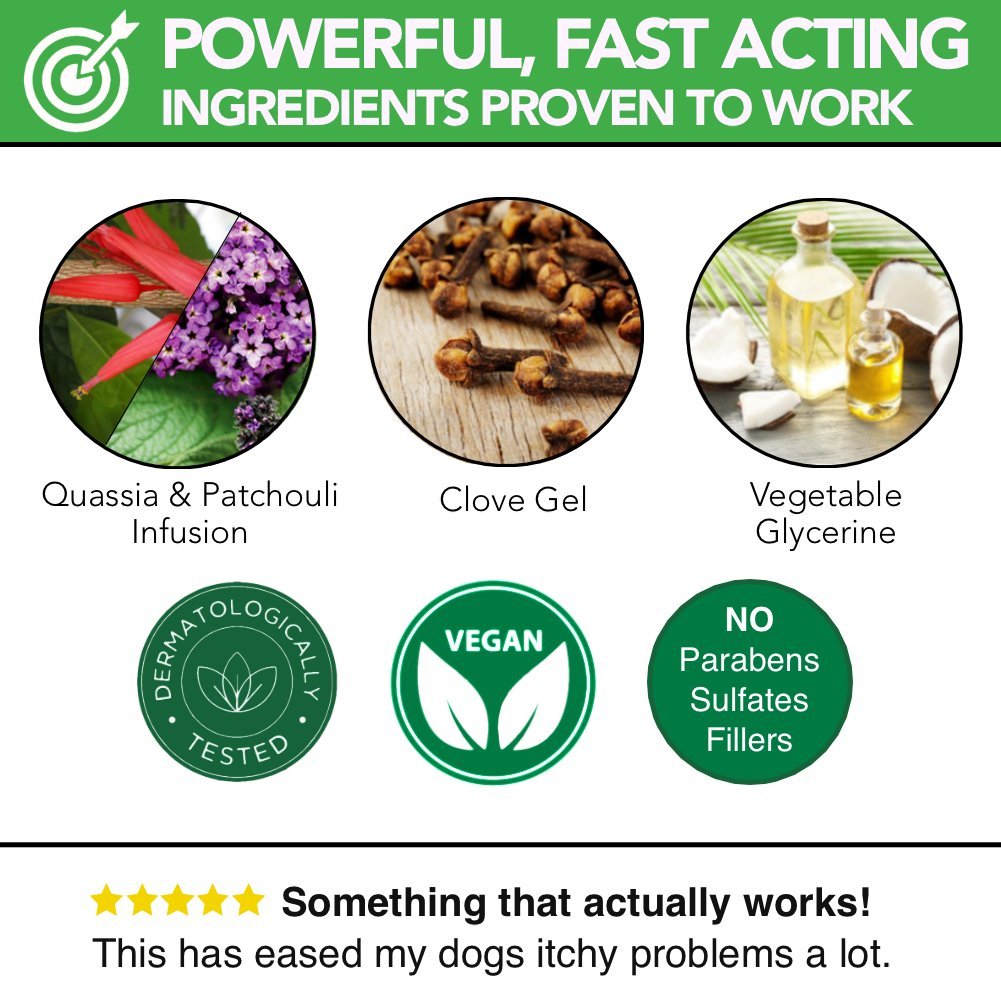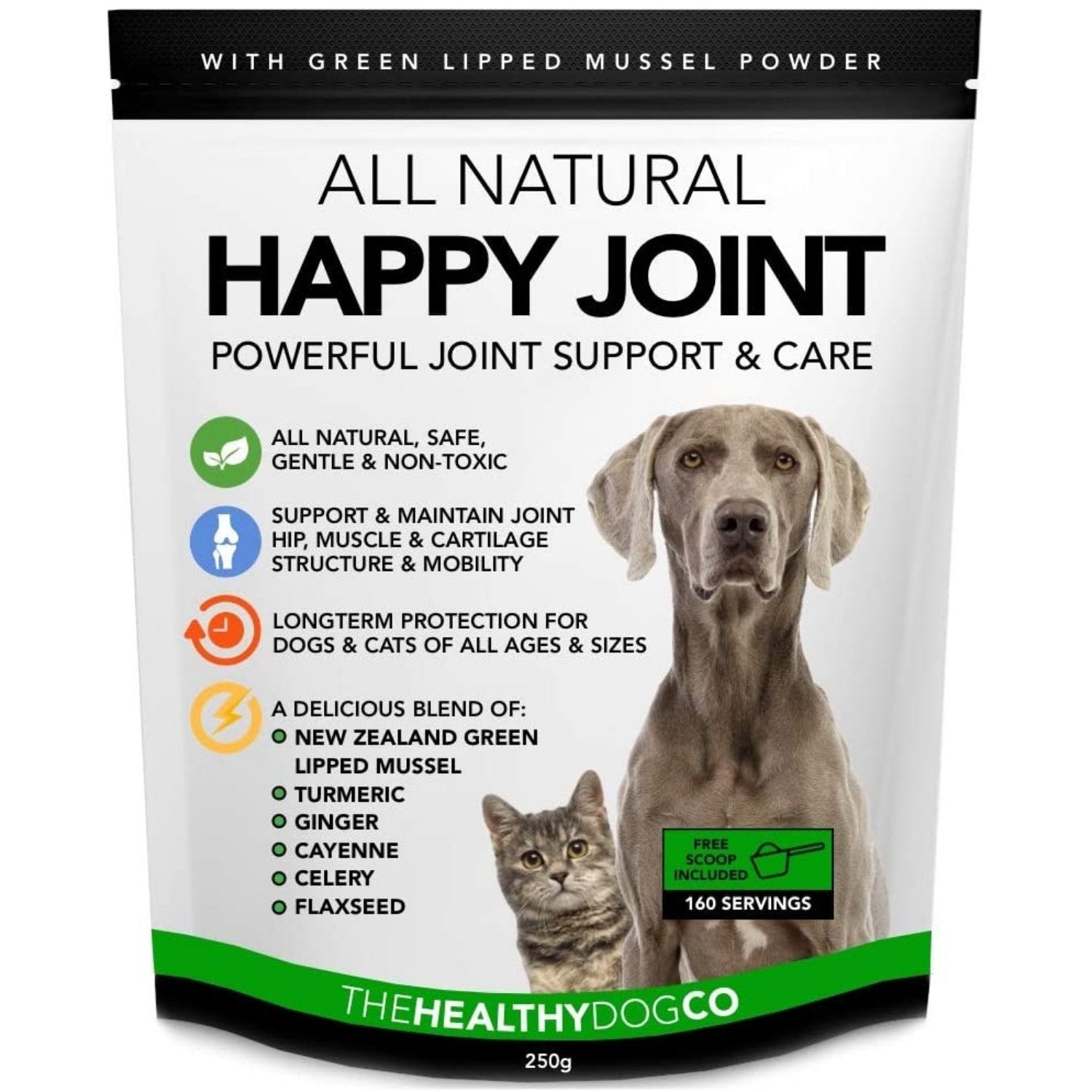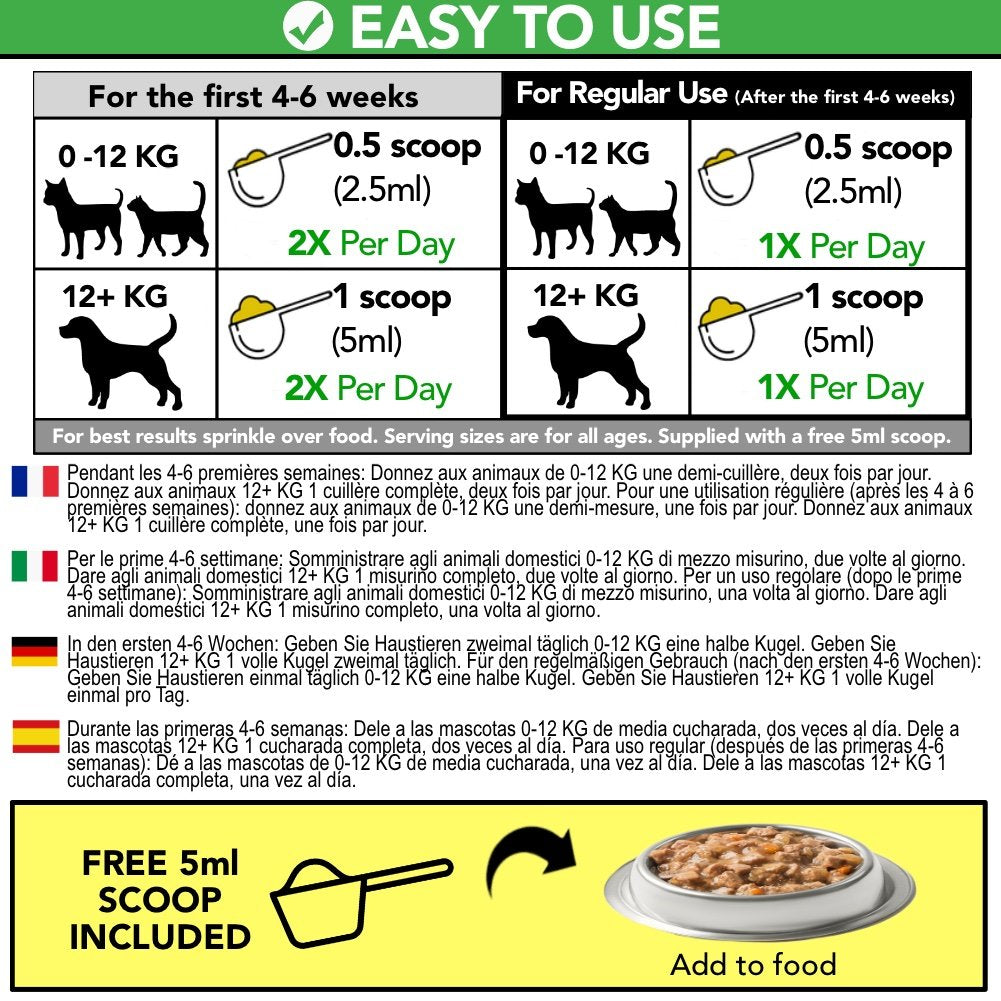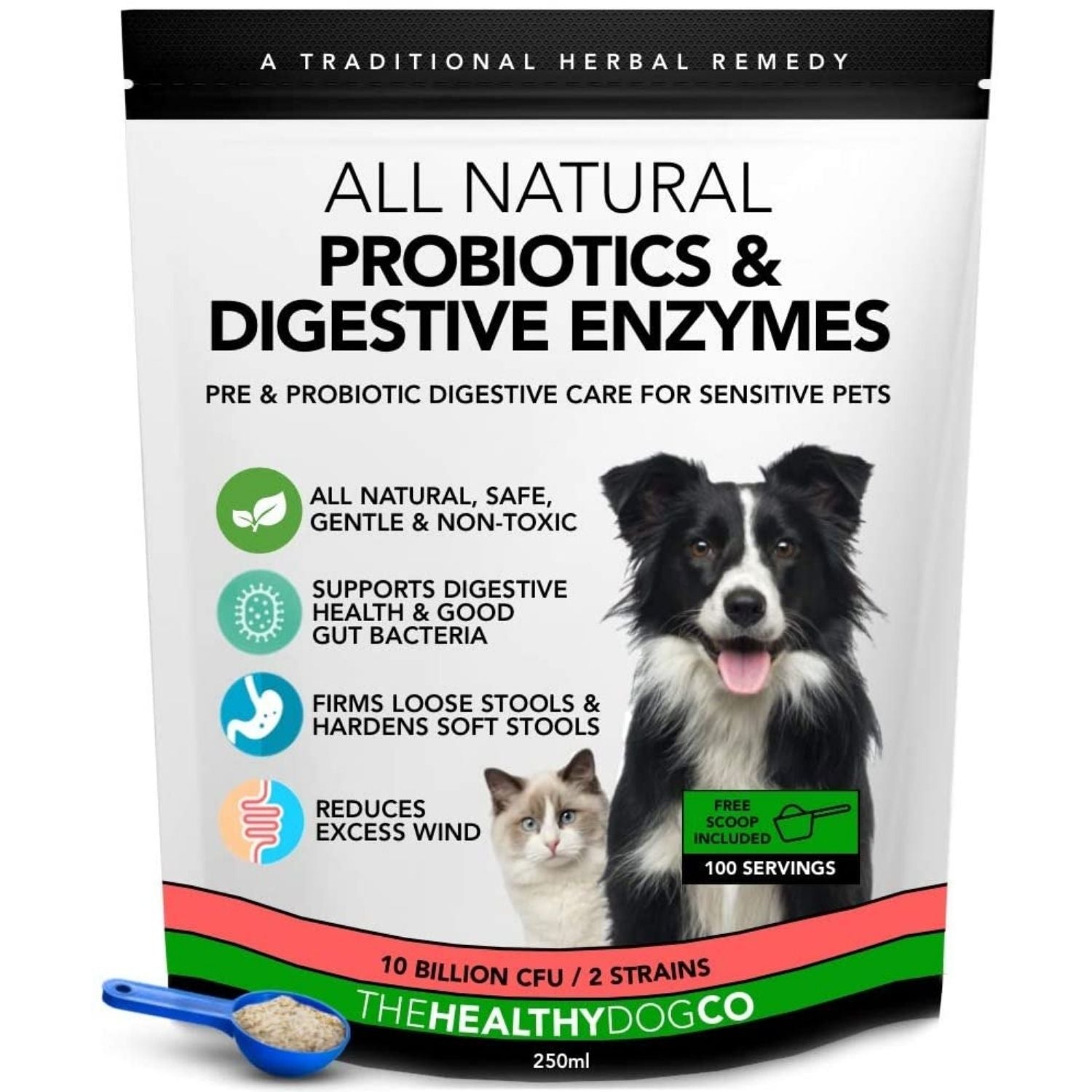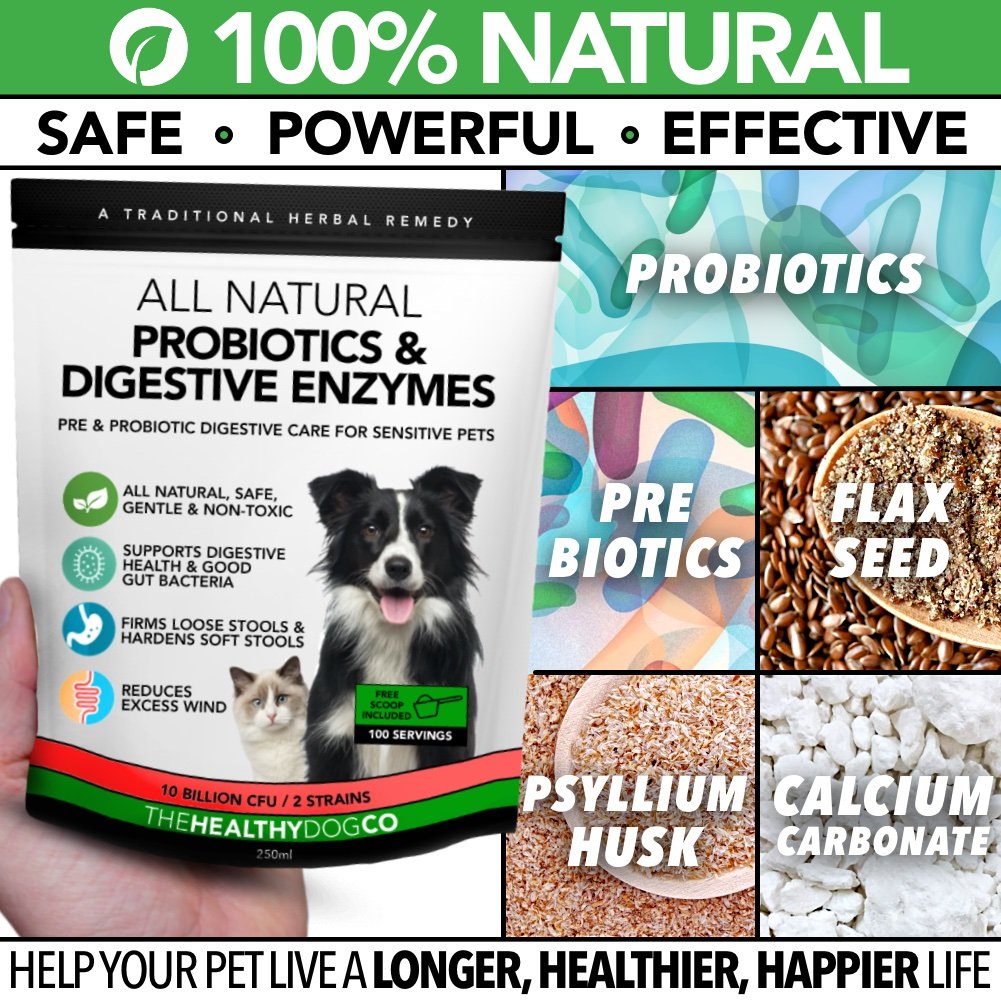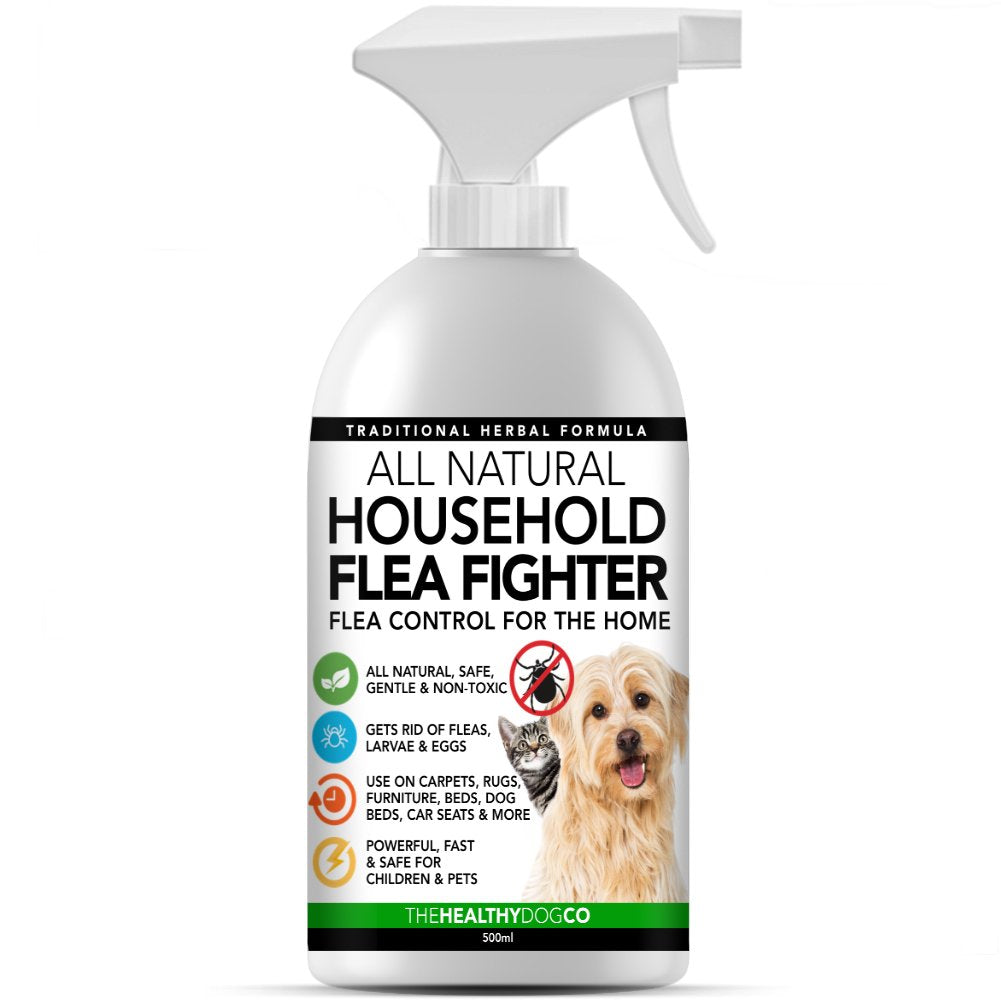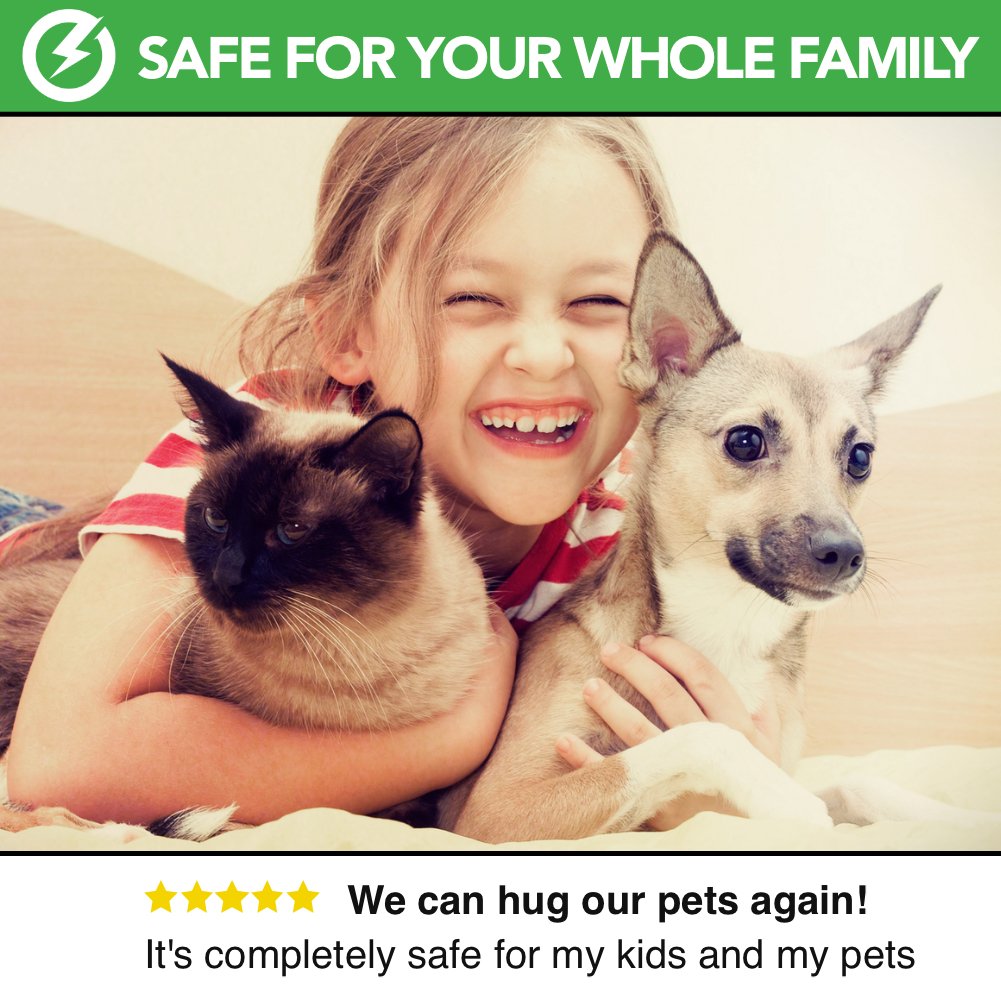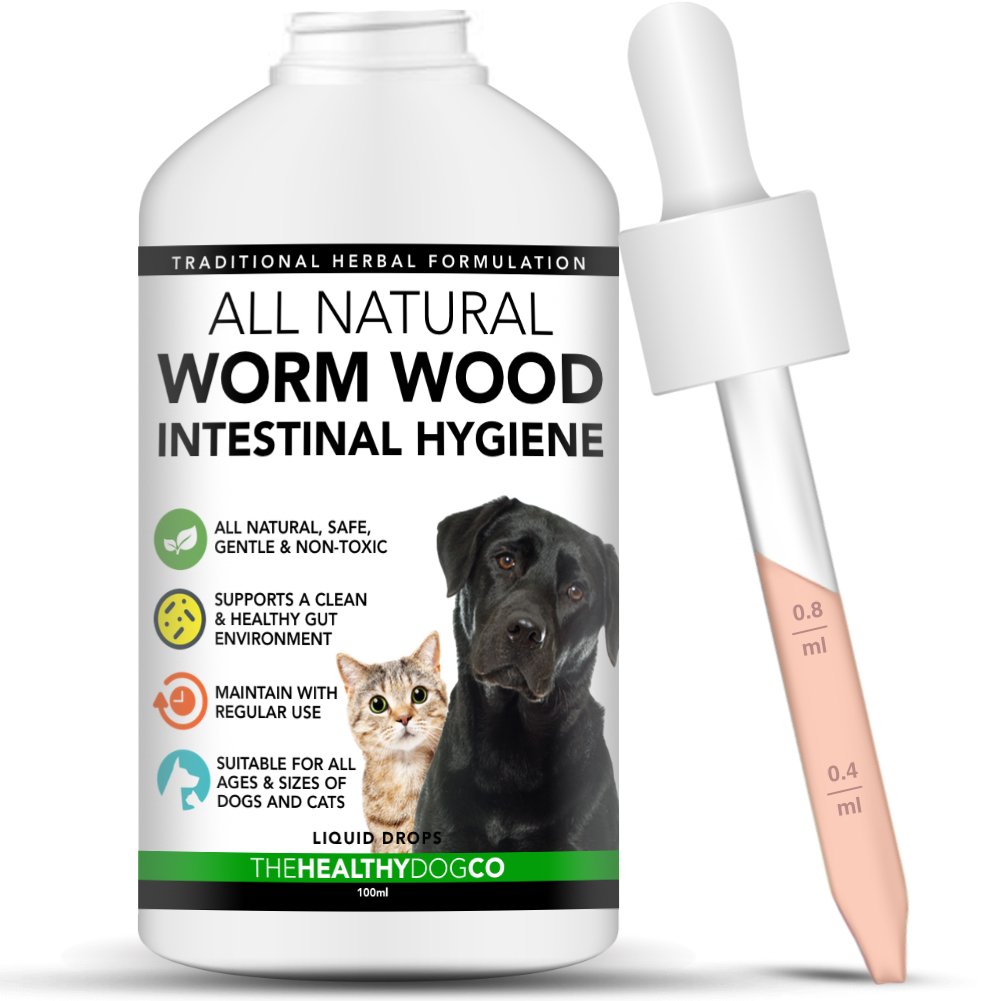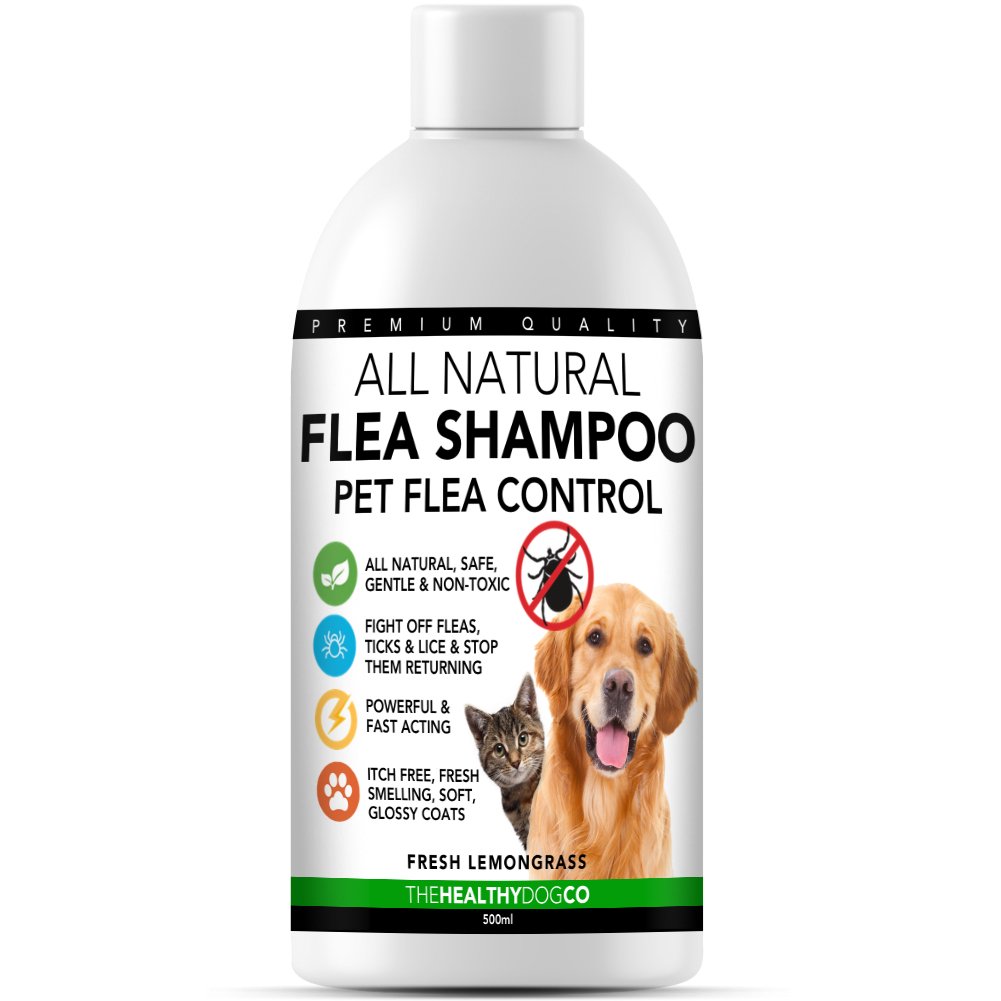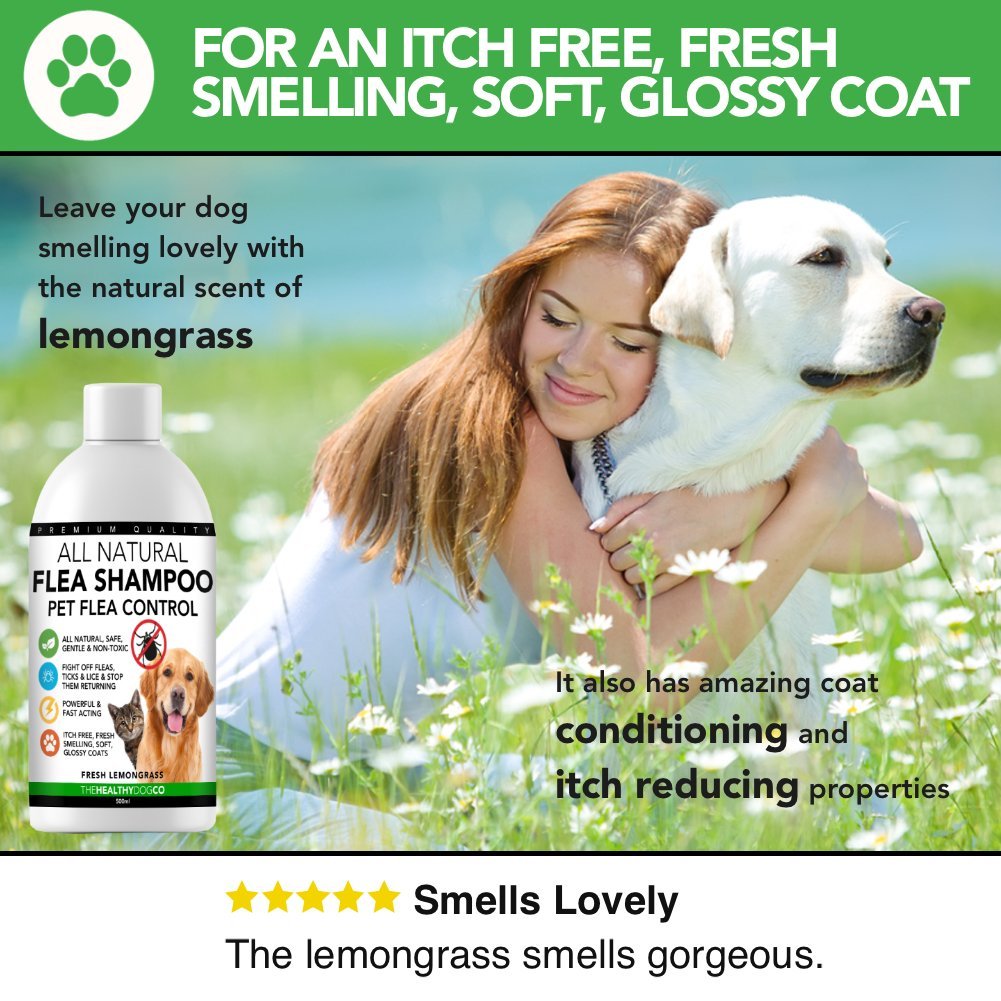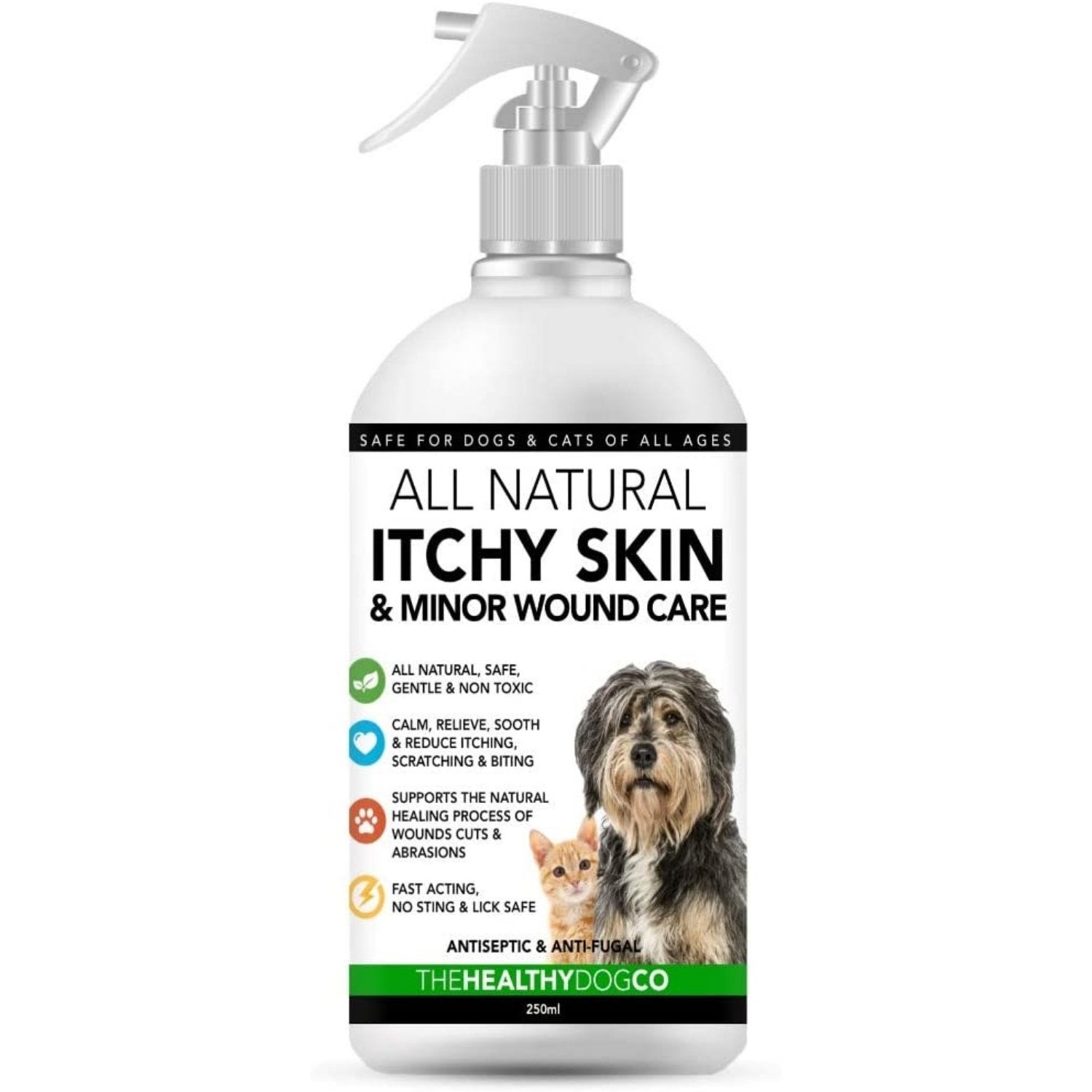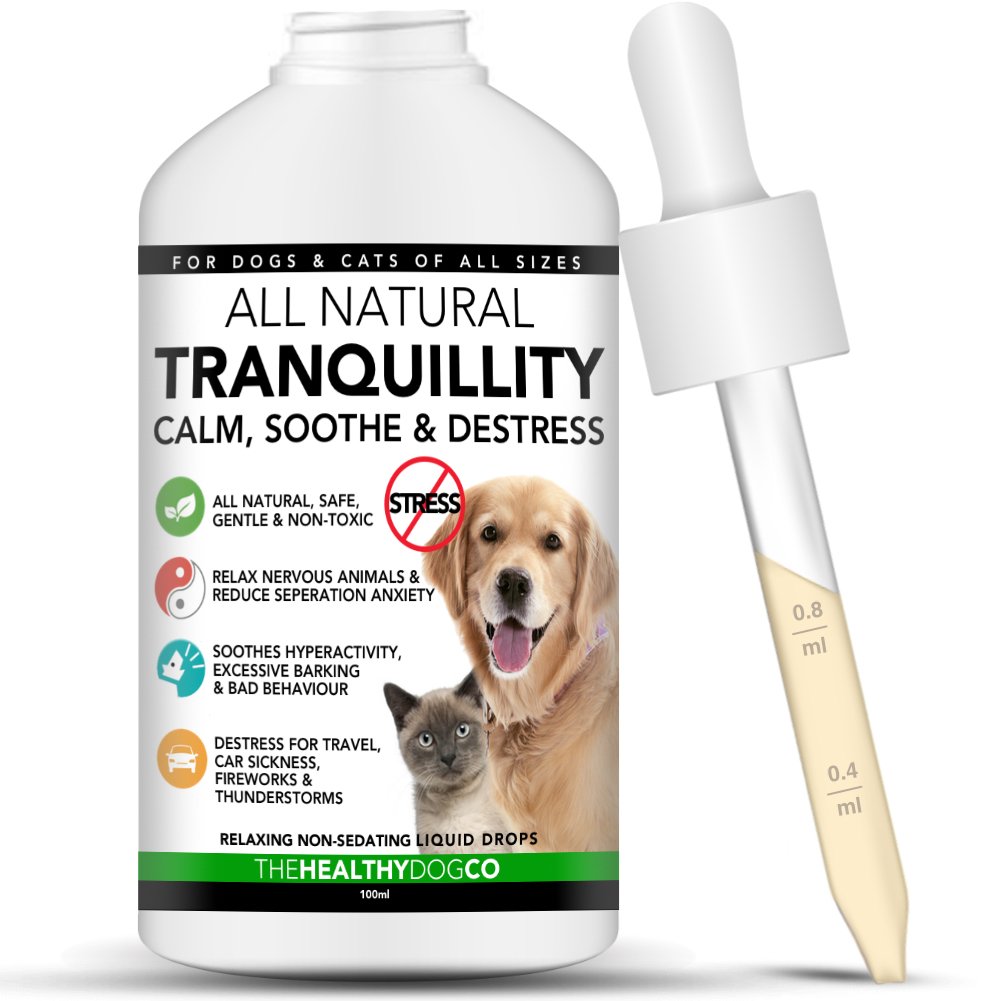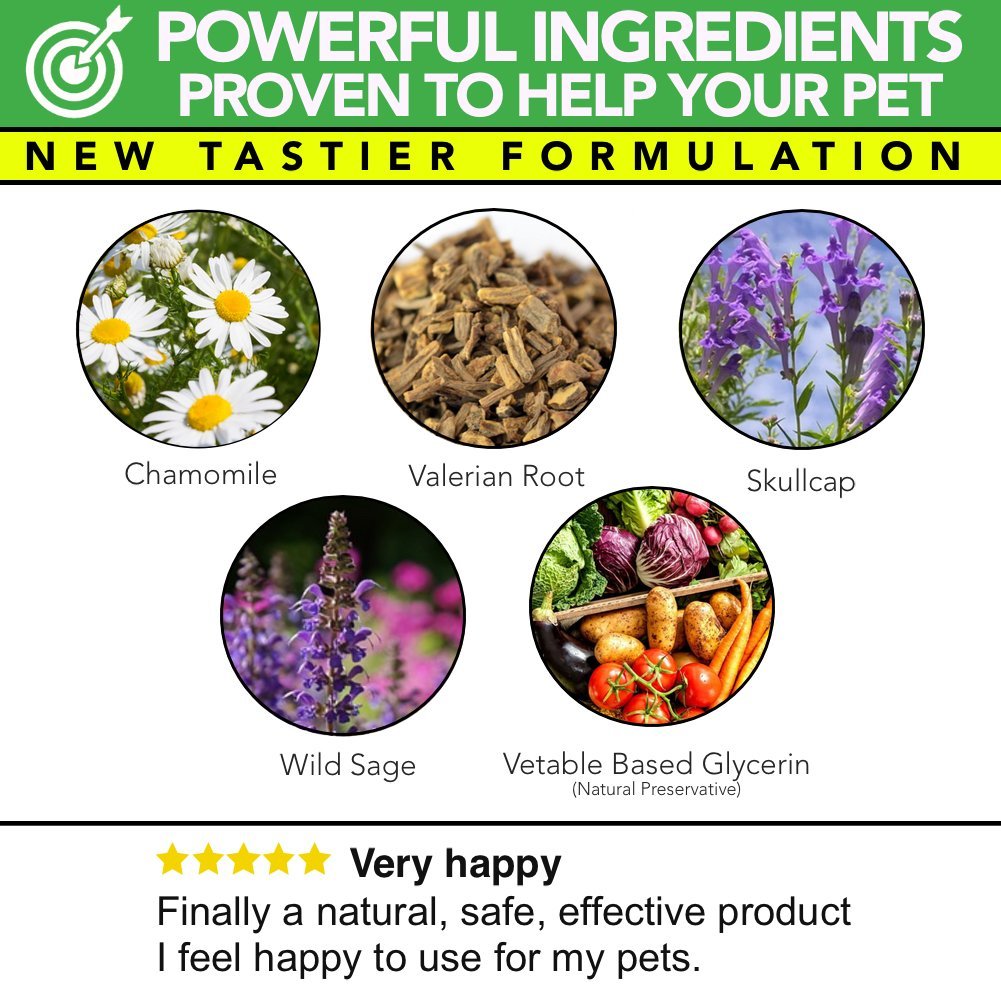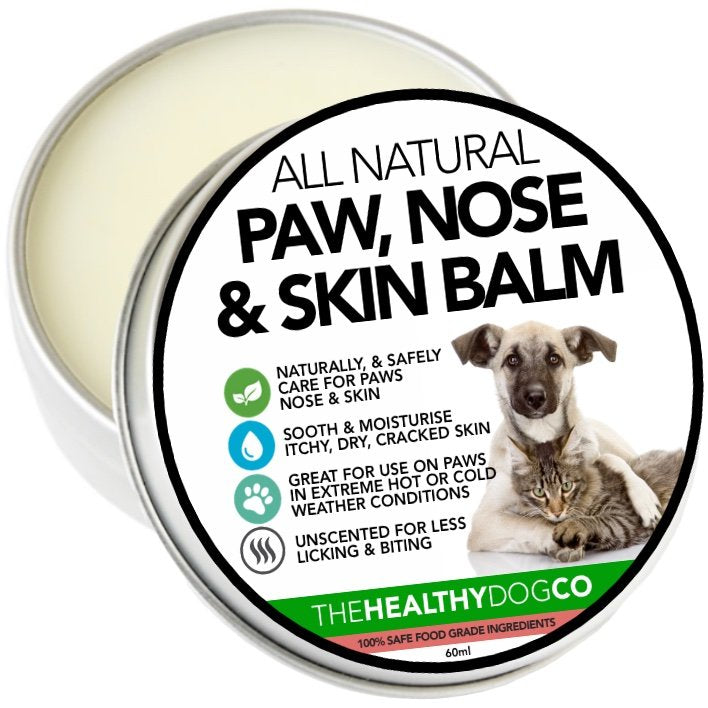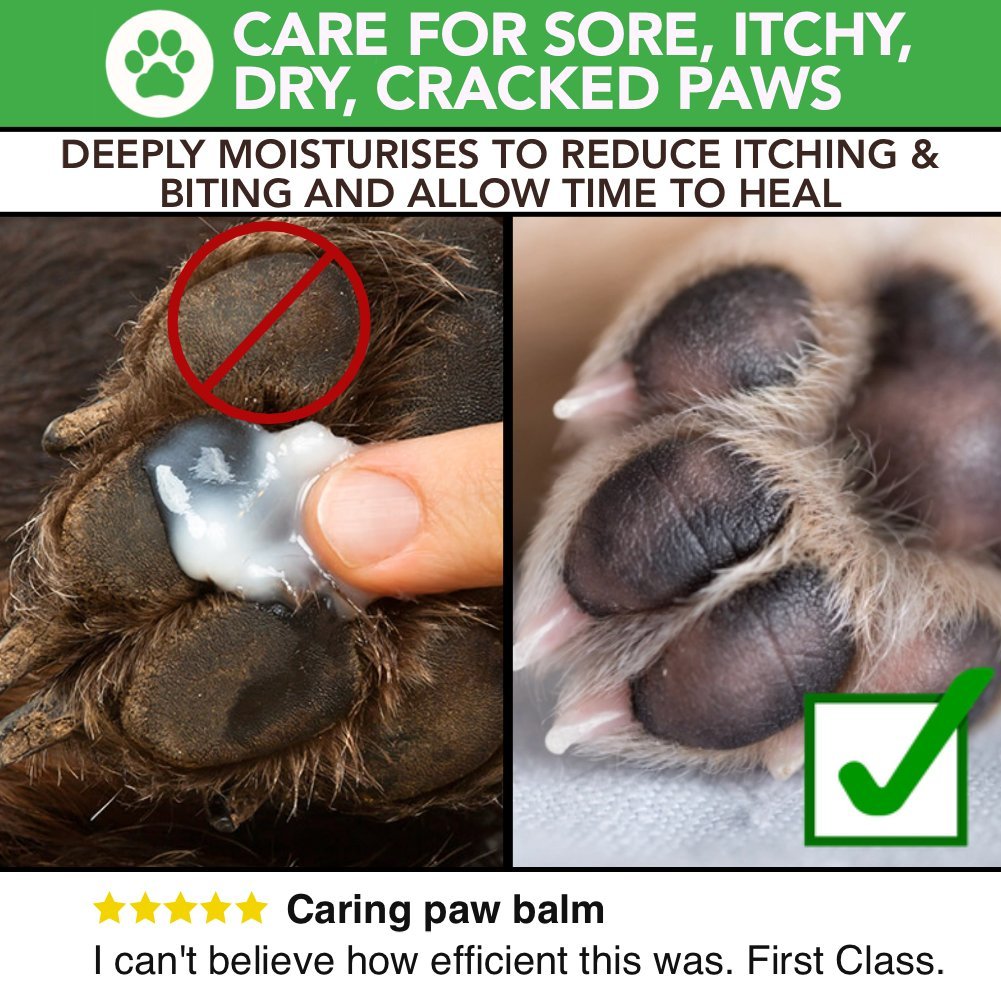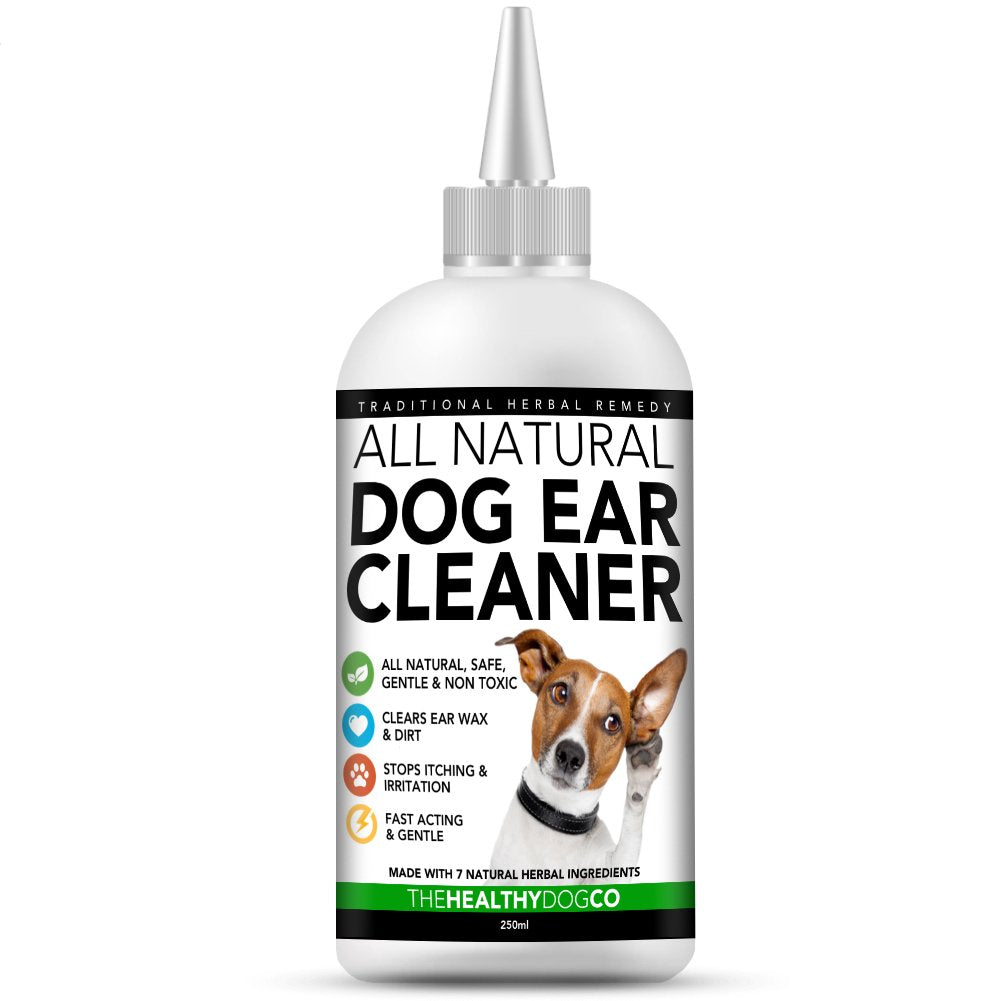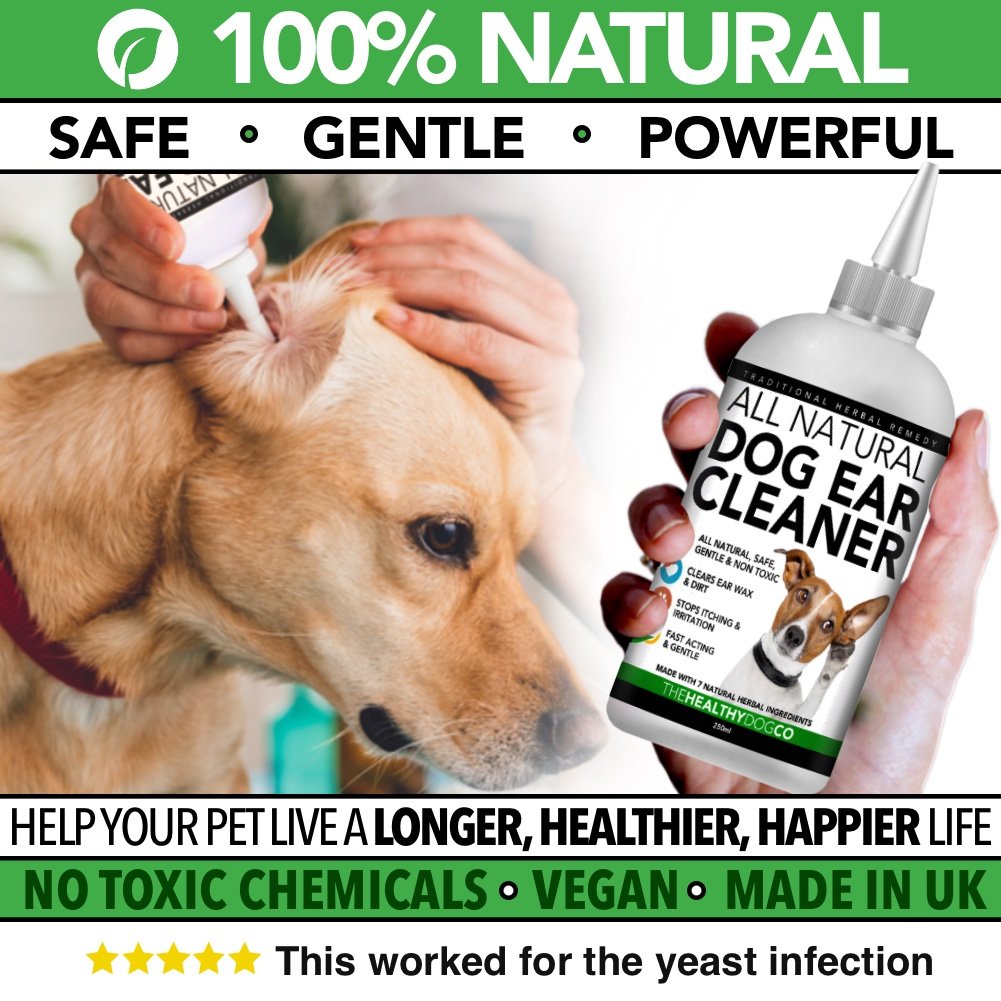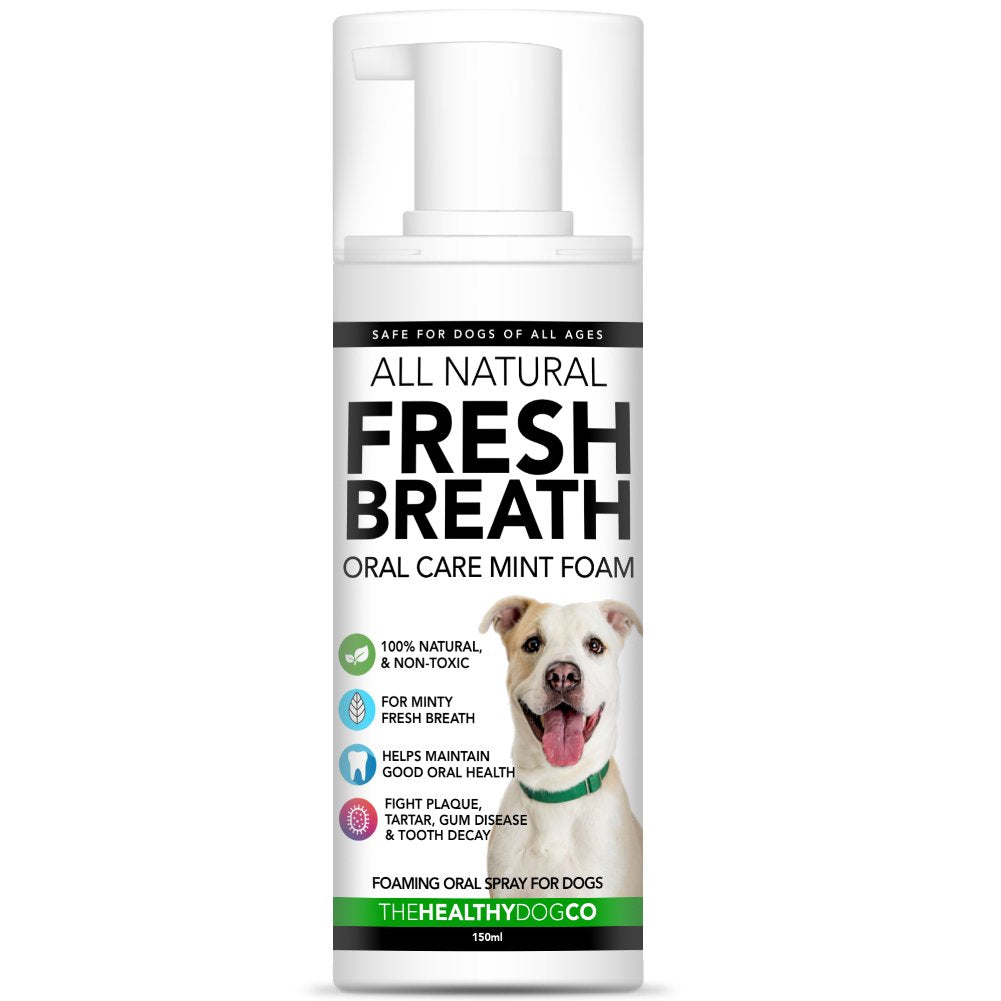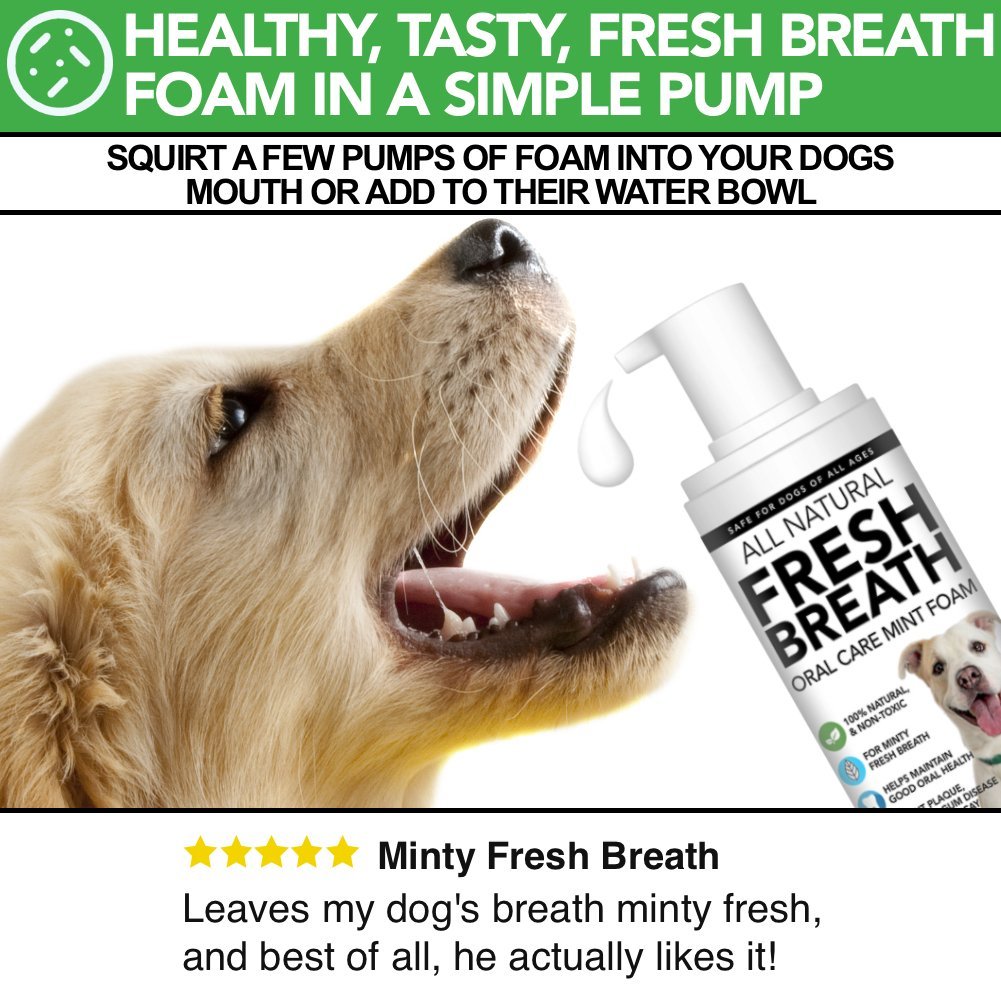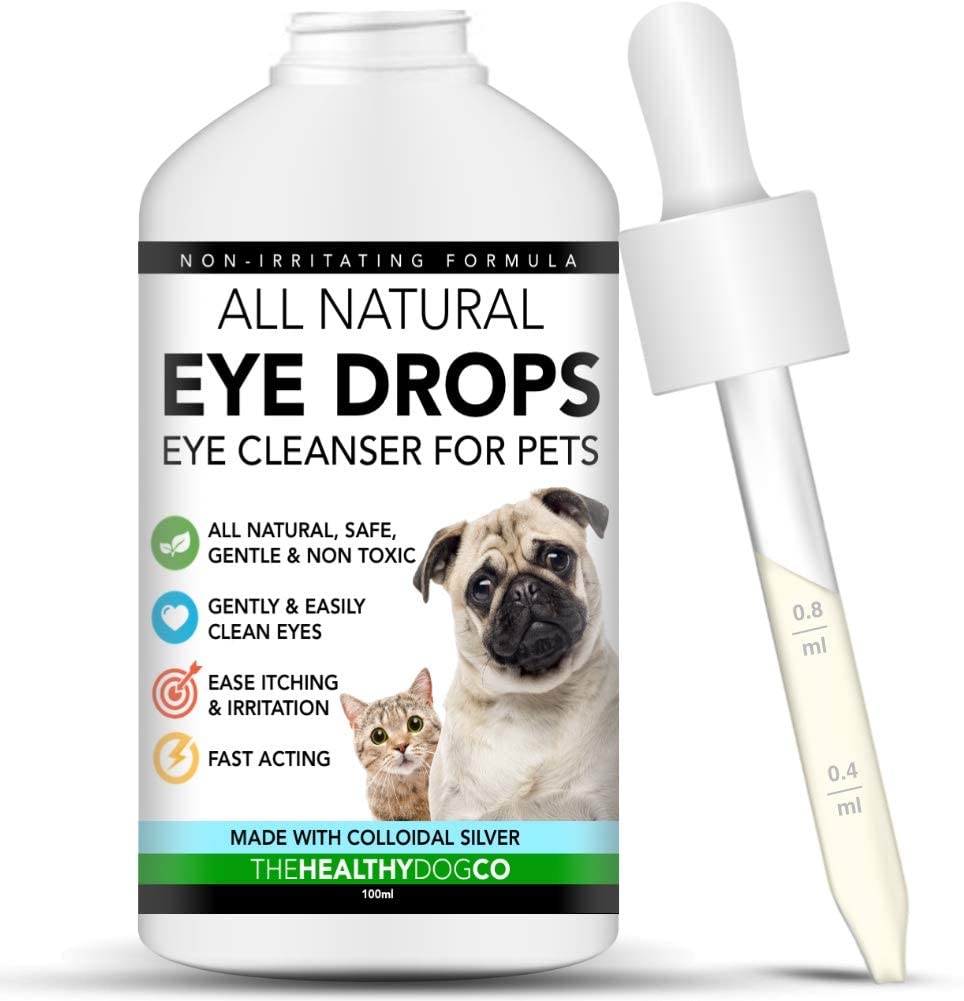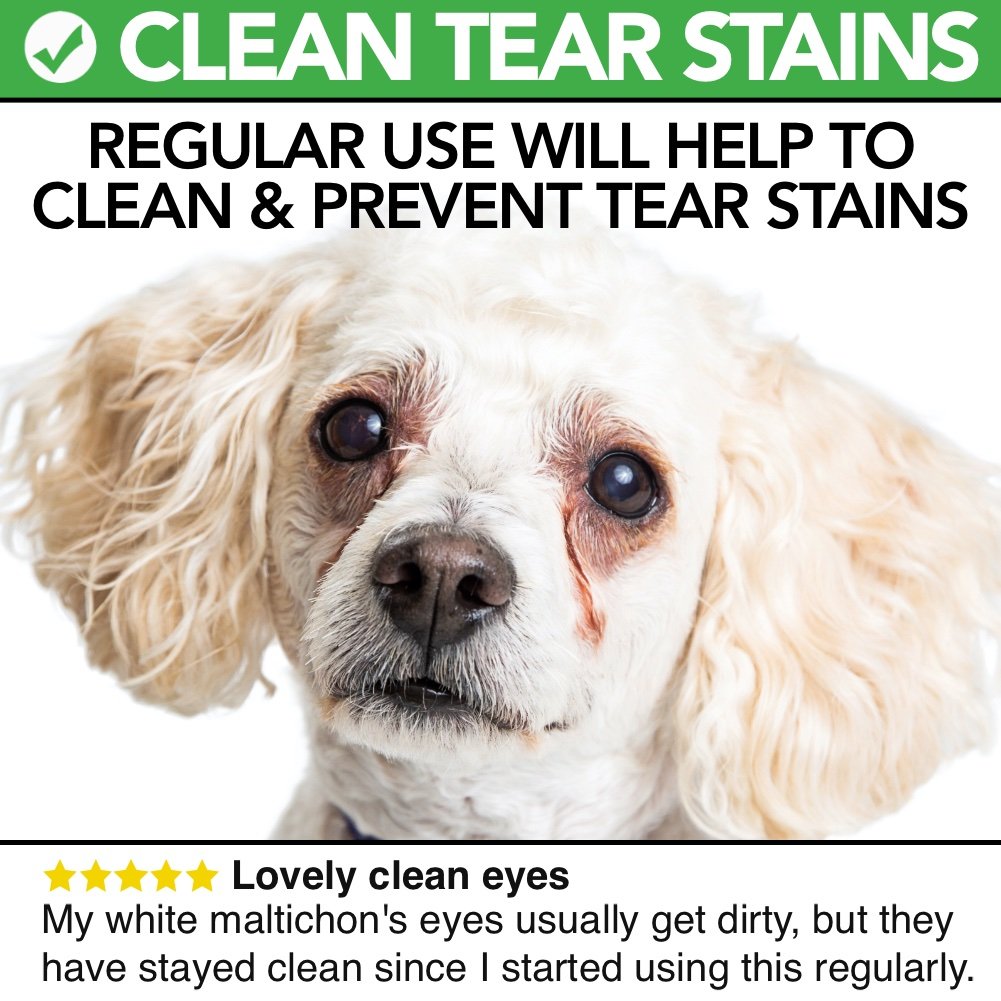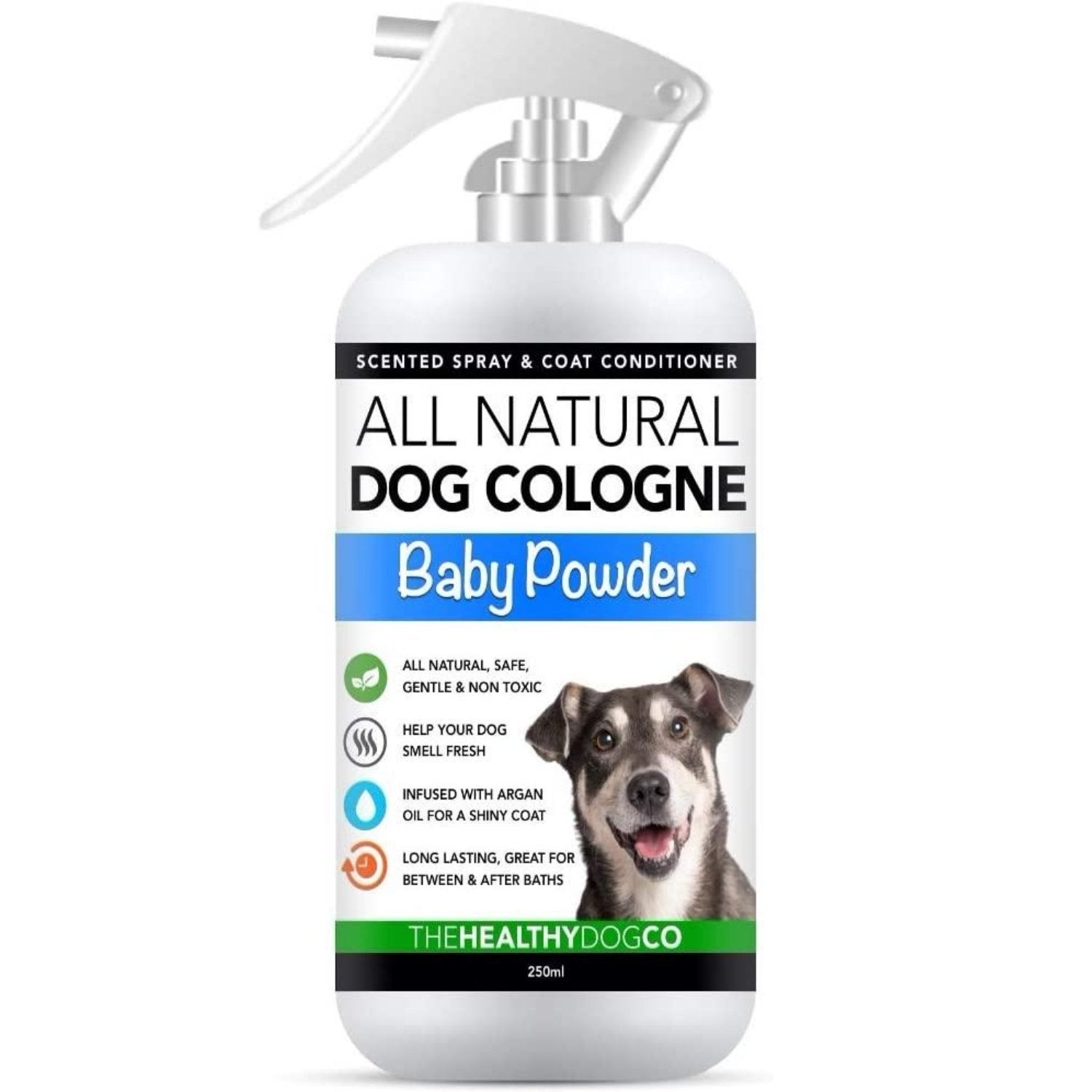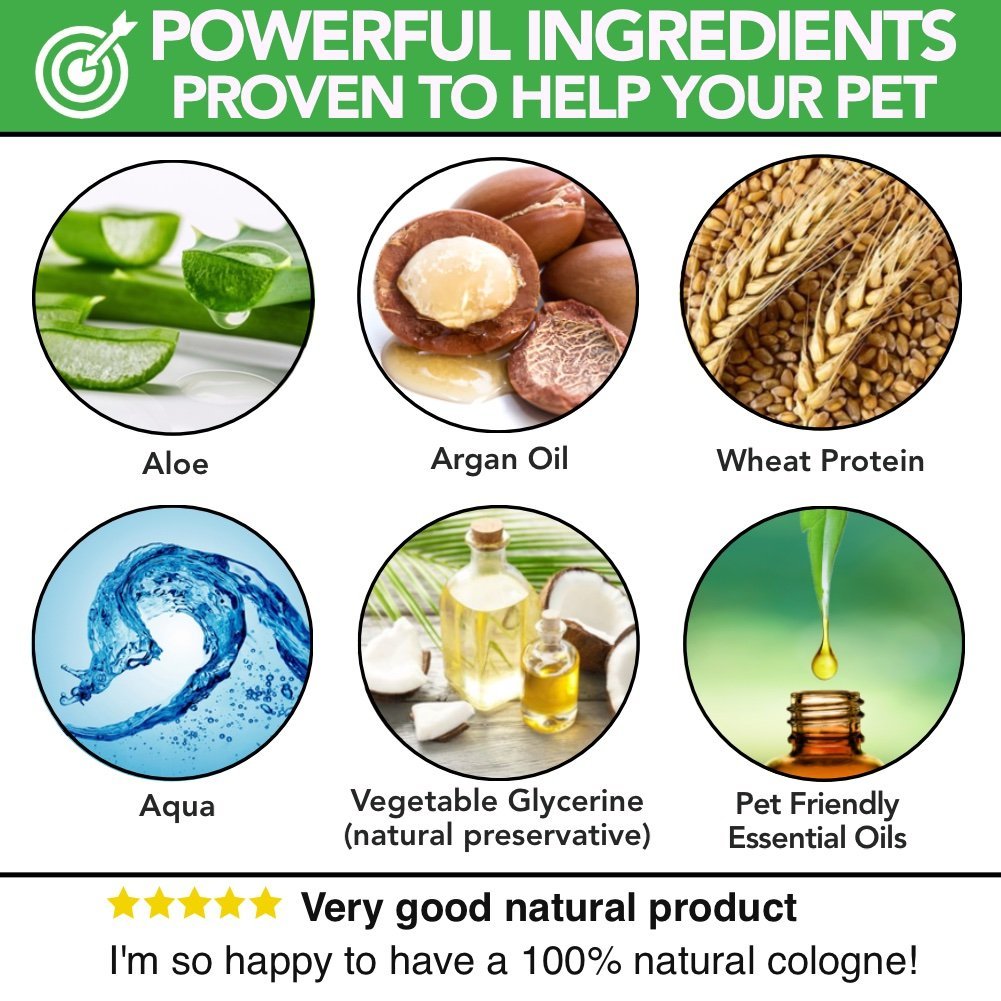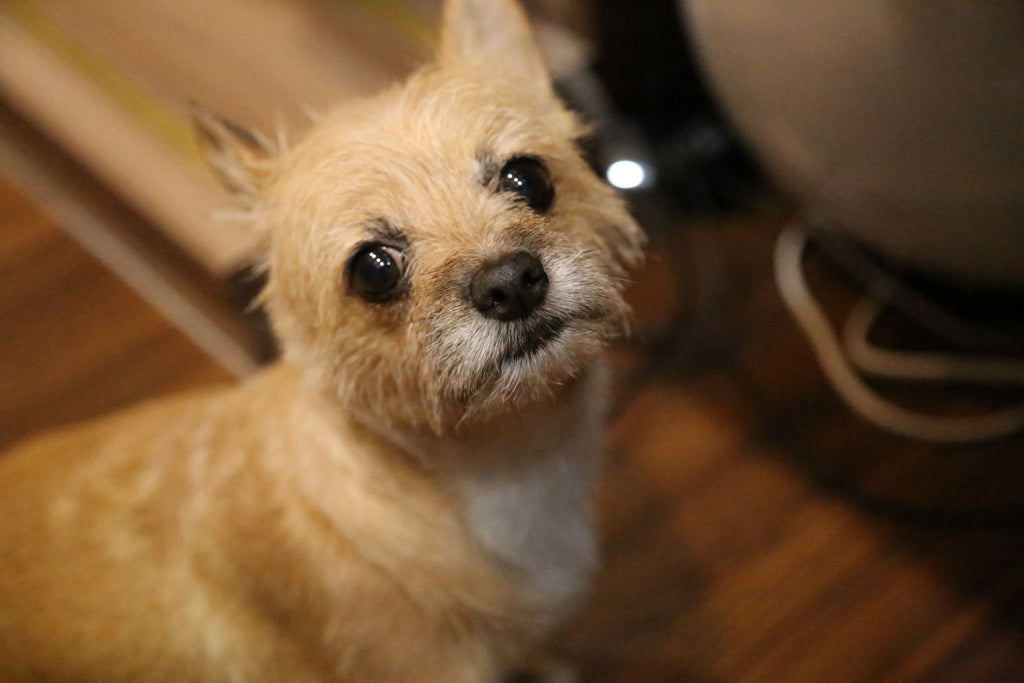
Hyperventilating: Why is my dog breathing fast?

Hyperventilation in dogs can be a very distressing sight. Although it is often no big deal, it can indicate serious problems. We've probably all had those times when we thought our dog was breathing a bit too heavily, but how do you know when there is cause for concern? It is a fact that dogs naturally hyperventilate when they get excited, so there's no need to flip your lid. Still, certain breeds are very susceptible to respiratory problems, so some of you need to pay close attention to dog hyperventilating. Let's explore this topic a little more closely.
Can Dogs Hyperventilate?
Yes, dogs can certainly hyperventilate. If you don't understand what that means, hyperventilation is just quick, shallow breathing. The problem is that many people cannot distinguish hyperventilation from panting, which isn't the same thing. Panting is normal behaviour for dogs, especially when they are hot or excited. Hyperventilation, on the other hand, can have some unpleasant side effects if the dog does it too often.
However, it is important to understand that hyperventilation isn't a big problem on its own. This kind of thing only causes for concern because it can be an indicator of larger problems. When your dog is breathing too hard, it is a response to the problem. It might be a small one (like mild dehydration) or a larger one (like a respiratory infection).
Why Is My Dog Breathing Heavy And Fast?
There are quite a few things that can cause this to happen, so let's go over them one by one. We will attempt to cover as many potential causes as possible.
Potential Cause #1: The Dog Is Just Over-Excited
When a dog is excited by something, They will often breathe hard. Their tongue will probably be hanging out of their mouth, and their breathing will be rapid and a little bit shallow. This is nothing to worry about, and may even be good for your dog. We found several studies indicating that it's good for a dog to hyperventilate...BUT only to a certain extent.
For instance, let's take a look at this study. These researchers tested the effects of hyperventilation on a puppy. They mainly measured blood flow to the brain and bodily metabolite levels, and they didn't find anything dangerous or concerning. This makes sense because it is perfectly natural for dogs to pant (which is very similar to hyperventilating) for a variety of reasons.
Potential Cause #2: The Dog Is Overheated
It is easy to confuse regular panting with true hyperventilation, and many dog owners make this mistake. However, if your dog is breathing heavily on a hot day, there is a very good chance that the heat is the sole cause. It might be hard for some people to understand because we do not deal with heat in this way. Humans tend to deal with the heat by seeking shade, drinking water, or maybe even jumping in that water.
Dogs do all of those same things, but they also use panting as a way to cool themselves. They do this for one simple reason: They cannot cool themselves by sweating. Instead, they use panting to circulate cool air throughout their entire body. Now, in the interest of accuracy, we should mention that dogs can sweat just a little bit, but only through their paw pads. The quantity of this sweat is so little that it won't make any significant difference, so panting becomes their primary cooling method.
Potential Cause #3: The Dog Has A Respiratory Issue
The first two causes we examined were not much reason for alarm. However, there are some cases in which hyperventilation indicates a respiratory (breathing) problem. When you are trying to determine if this is the case, you should ask yourself if the dog's behaviour can be correlated with heat, excitement, or exhaustion. However, if you see them panting a lot on a cold and calm day, it could be a bad sign.
If your dog has this kind of problem, their hyperventilating will probably be accompanied by wheezing, coughing, and general weakness. One of the more dangerous of these conditions is called hypoxia (sometimes also called anoxia). A dog with this problem does not have enough oxygen in their bloodstream, so their body tries to compensate by taking in more oxygen. With less oxygen, all their organs work less efficiently and general lethargy is the result.
Potential Cause #4: The Dog Is Upset
This one is a little harder to gauge because it relates to the dog's feelings, so it's harder to find evidence. However, it does seem obvious that dogs are more likely to hyperventilate when they are stressed, in pain, or just upset. Panting seems to be a coping mechanism, and can commonly be seen in dogs who suffer from separation anxiety.
Physical pain can also cause the animal to feel stressed and upset. Excessive heavy breathing is generally listed as one of the signs that your pet is in pain. As with most of these cases, you can confirm that your dog is in pain by looking at secondary signs. Excessive paw-licking, whining, or seemingly baseless aggression. If your dog snaps or growls when you touch them in a certain spot, that spot is probably the source of their distress.
Potential Cause #5: The Dog Is Just Sneezing
Dogs can sneeze, of course, but they don't always do it in the same way that we do. When a human sneezes, it involves a short inhalation followed by a quick and violent exhalation. Dogs can do this, too, but they can also sneeze in reverse. This means that you will see a short exhalation followed by a quick and violent inhalation. As any veterinarian will tell you, this is not normally a big deal. It isn't the same thing as hyperventilation, but it is often mistaken for such.
Although it's not a problem in itself, reverse sneezing can be an indicator of other problems. For instance, a dog will do this kind of thing more often if they are experiencing an allergic reaction. It also commonly happens when the dog's nasal passages are blocked by some small object. This kind of thing is very common in short-snouted (brachycephalic) dogs like pugs and bulldogs but can occur with any breed.
Potential Cause #6: The Dog Has Metabolic Acidosis
Like any other liquid, a dog's blood has a certain Ph level. In case you don't know, the Ph scale measures the acidity (or alkalinity). For dogs, the ideal blood Ph is considered to be greater than 7.35. The Ph scale becomes more acidic as the numbers decrease (to give you an idea, sulfuric acid has a Ph of roughly 2.75). If there is too much acid in your dog's blood, hyperventilation will be one of the signs.
Most of the time, this is caused by some kind of poisoning. If this is the case, you will almost certainly see other signs (like nausea, vomiting, lethargy, bloody stools, etc.). However, metabolic acidoses can also be a side effect of various other disorders including parvovirus, diabetes, renal disease, hemorrhagic shock, and several others. Kidney problems (renal disease) is an especially common cause because the kidneys are normally able to regulate the Ph of a dog's blood.
Understanding Hyperventilation In Dogs

By this point, you should understand the primary reasons for which your dog might be hyperventilating. By understanding how these things work, you can make it easier to tell a real problem from an inconsequential one. Of course, we should mention that there is no excuse for the advice of a qualified veterinarian. You should, of course, try to figure out what is wrong with your dog, but only an expert can verify your theories.
So, you might have asked yourself: "Is panting or hyperventilating a sign of illnesses in dogs?" The honest answer is "Yes, but not necessarily." Dogs tend to breathe more heavily when something is bothering them, so many canine afflictions will list it as a common symptom. However, the hyperventilation doesn't tell you much until you look at the other symptoms. If there are no other negative symptoms present, your dog is probably just tired, excited, or hot.
It is also important to know the difference between regular panting and true hyperventilation. Many articles will attempt to tell you that they are the same thing, but this isn't true. When a dog pants, there isn't a whole lot of oxygen exchange going on there. They are utilising a "dead space" inside the trachea. Thus, panting and breathing are two different processes. Hyperventilation, as the name implies, is a form of breathing. As such, it depletes the body's levels of carbon dioxide.
This results in a condition called alkalosis, which is the opposite of acidosis. When a dog has this condition, their blood Ph becomes too basic. Strong acids and strong bases both tend to be corrosive (lye, ammonia, and bleach are all strong bases), so alkalosis can be a problem if it allows the animal's blood Ph to get much higher than 7.35, which is considered to be ideal.
What To Do When Your Dog Is Hyperventilating?
As with any problem, you cannot figure out the solution until you figure out the cause. Once you have conclusively identified your dog's problem, appropriate treatment steps can be taken (if necessary). However, there is one problem: If you cannot figure out the cause of the hyperventilation, inaction could allow the problem to become worse.
You can start by attempting to rule out the most common causes. If it's a hot day, bring your dog inside and give them a bowl of cool water. You might want to put a few ice cubes in the water bowl, although dogs don't like this sort of thing as much as we do. If they seem anxious, you should pet them and talk nicely to them, as the reassurance of their master tends to soothe anxiety.
Some people will recommend anti-anxiety medications for your dog, but this can be dangerous. Psychiatry is just as dubious for dogs as it is for humans, mostly because they tended to push dangerous psychoactive drugs on people who already have problems in the first place. Drugs like Adderall and Ritalin are just a weaker and legal version of crystal meth, so don't allow anyone to push these poisons on your pet. Instead, look for herbal products like our calming drops for dogs, All Natural Tranquillity . The linked example is just one of many. Some people are afraid to tell this particular truth, but the fact is that psychiatric drugs are dangerous and don't belong anywhere near pets (or humans, for that matter!).
If you take the above steps and your dog is still hyperventilating, you need to go see the vet immediately. Once you have ruled out overheating, exhaustion, excitement and anxiety, the remaining possibilities are not so good. As they say, it's better to be wrong than to be dead wrong.
Frequently Asked Questions
Here are a couple of common questions that we often receive on this subject:
Dogs are pack animals, and they require regular reassurance from the pack leader (which is you). Without this validation, they can easily become stressed and depressed. Regular exercise, plenty of affection, and a calm environment will do a lot to soothe a panicked dog. What you must never do is get angry and try to force the dog to calm down.
As you should already know, panting is a way for dogs to cool off in the heat. Thus, on a hot day, they might even pant while laying in the shade. If the panting goes on for too long, however, you might be dealing with one of the problems described above.
Final Thoughts
As you can see, it is not uncommon for dogs to breath rapidly. At the same time, hyperventilation can indicate serious problems and should not be ignored. The trick is to learn the difference between panting (which dogs do all the time) and hyperventilating (which is usually a response to something). Once you have learned to distinguish the two, everything else is just common sense.
About The Healthy Dog Co
The Healthy Dog Co’s mission is to create products that dog and cat owners can trust with the health of their pets by only producing products with healthy, safe, all natural ingredients.
At The Healthy Dog Co, it’s all about giving your pet a healthy and happy life with All Natural Health, Happiness and Care Products.
Because Your Pet Deserves Better!
Shop our range of All Natural Healthcare Products for your Dog or Cat today!
